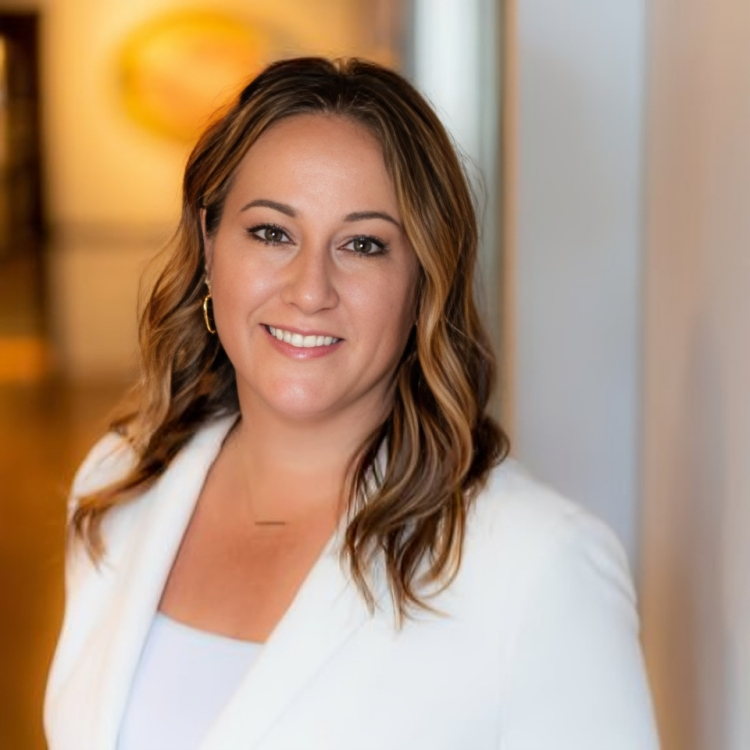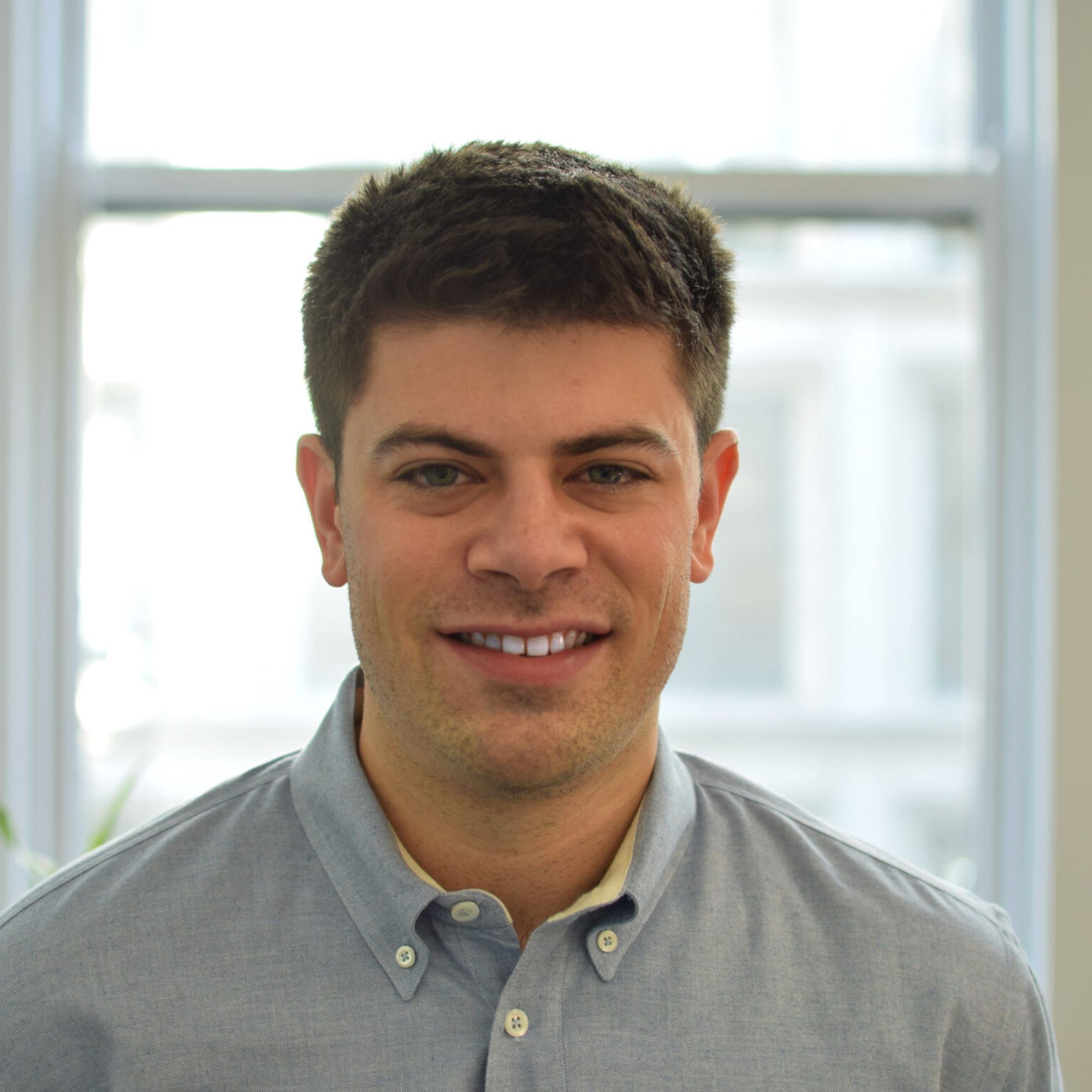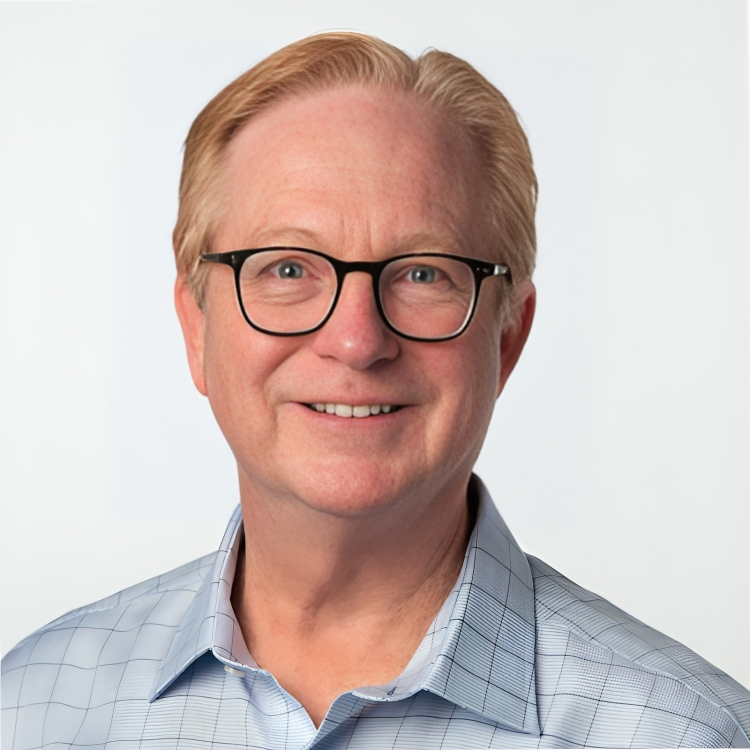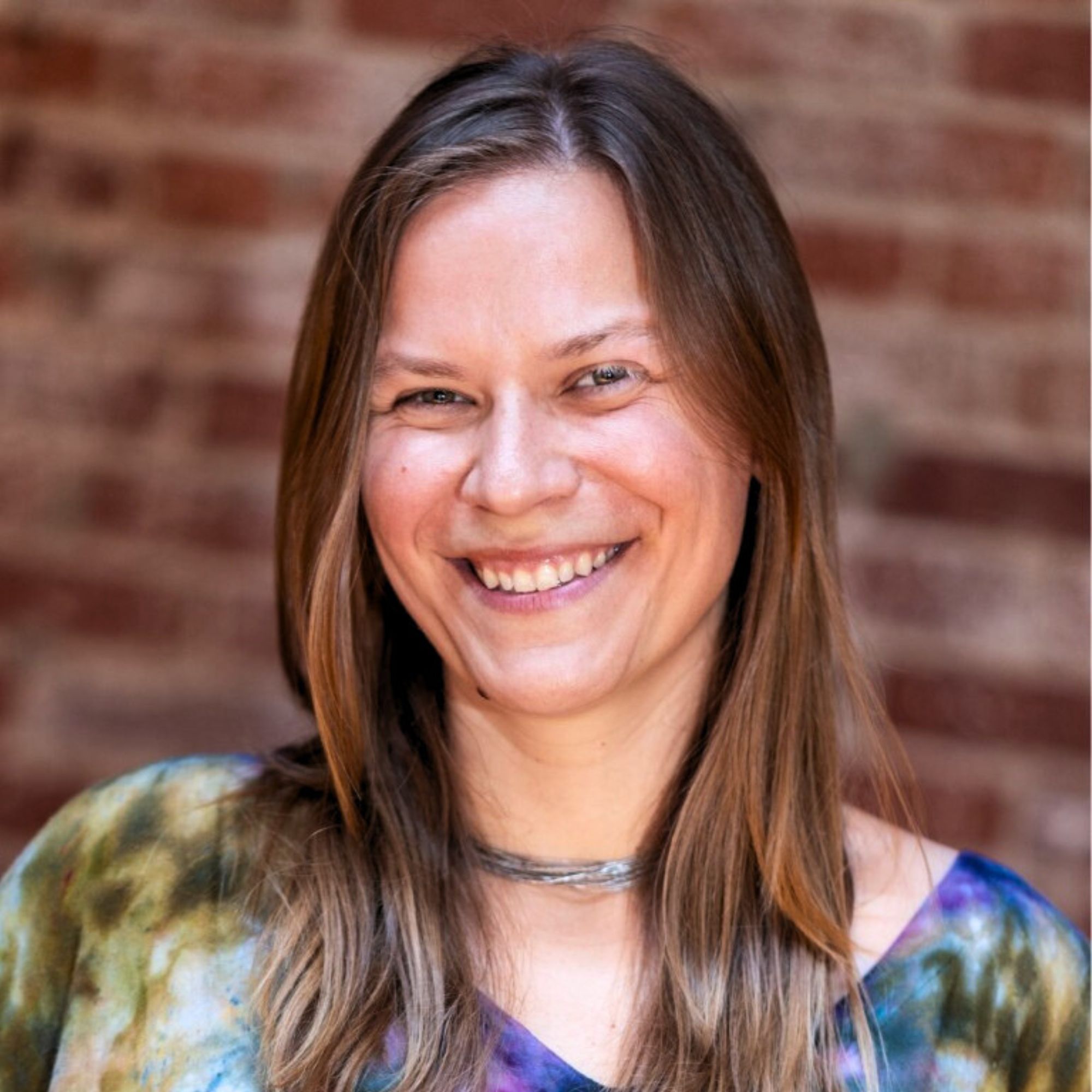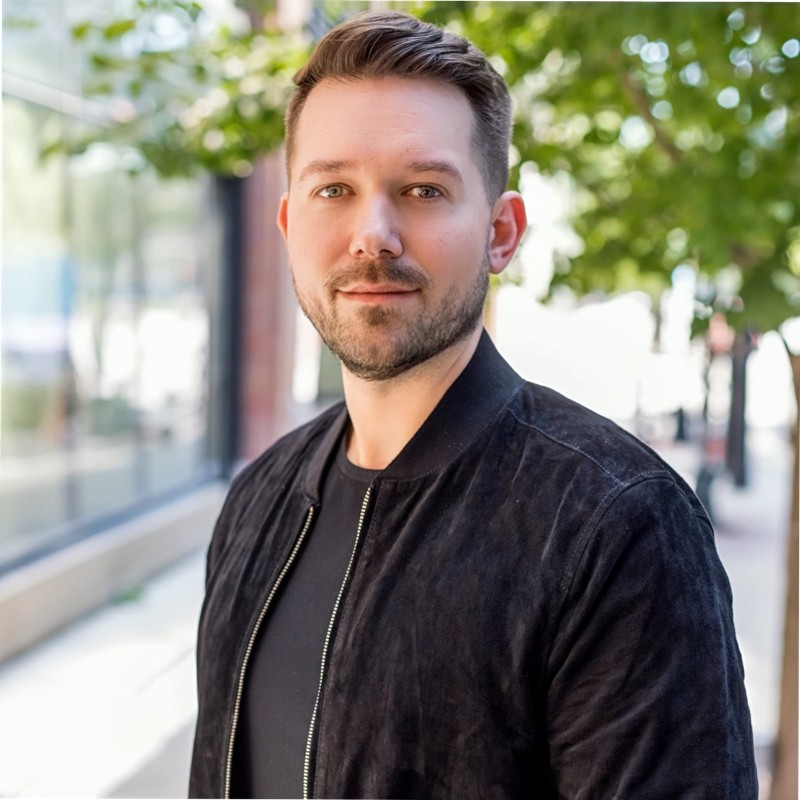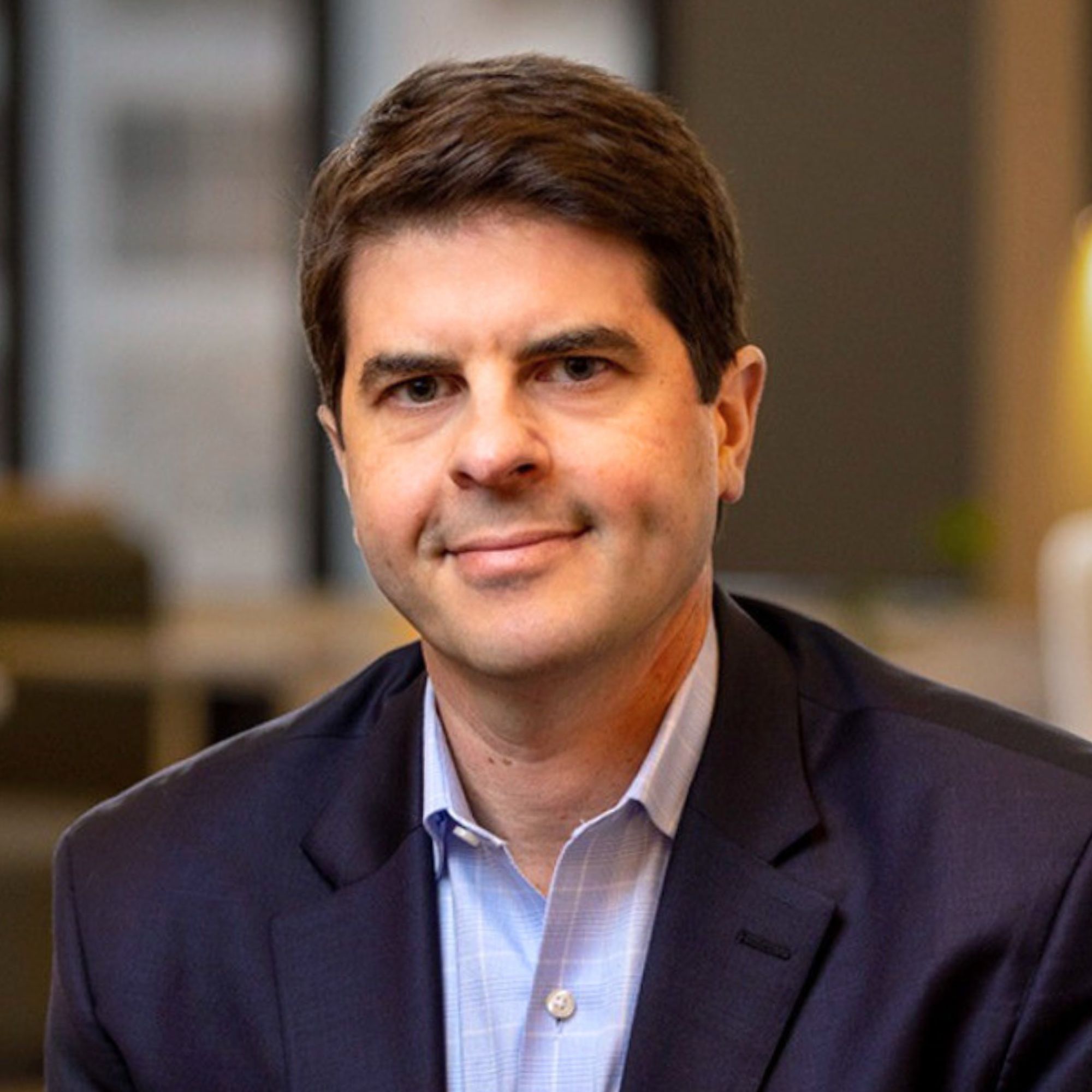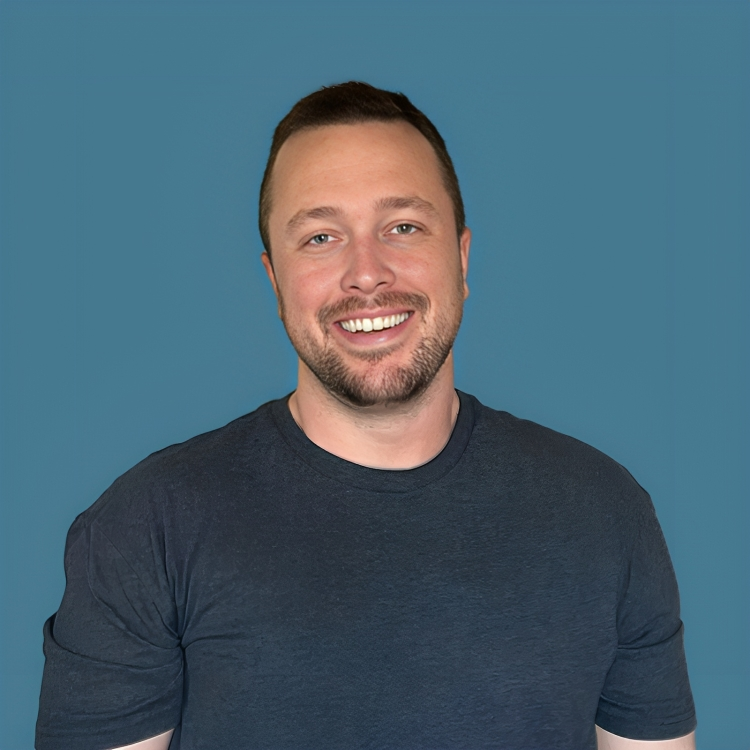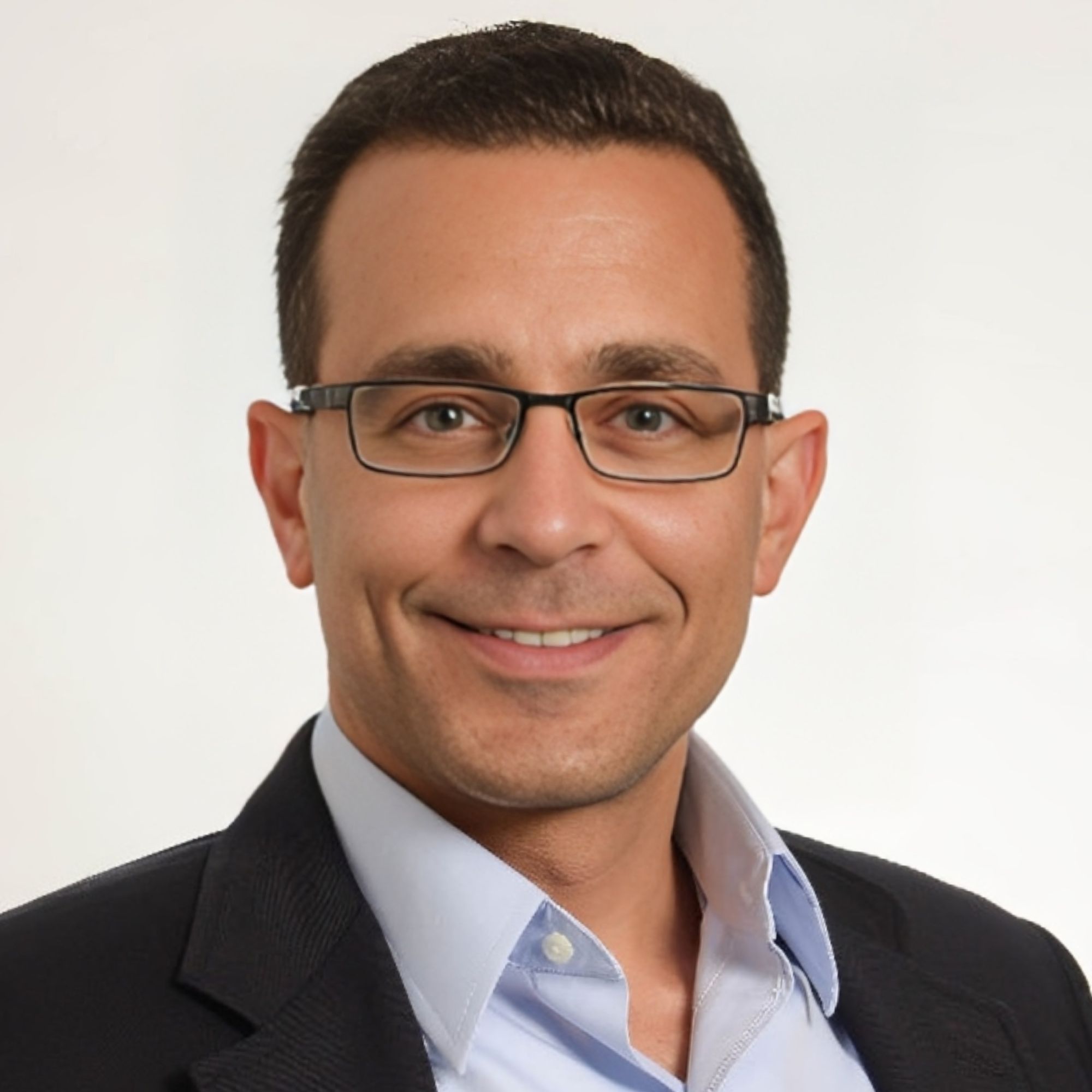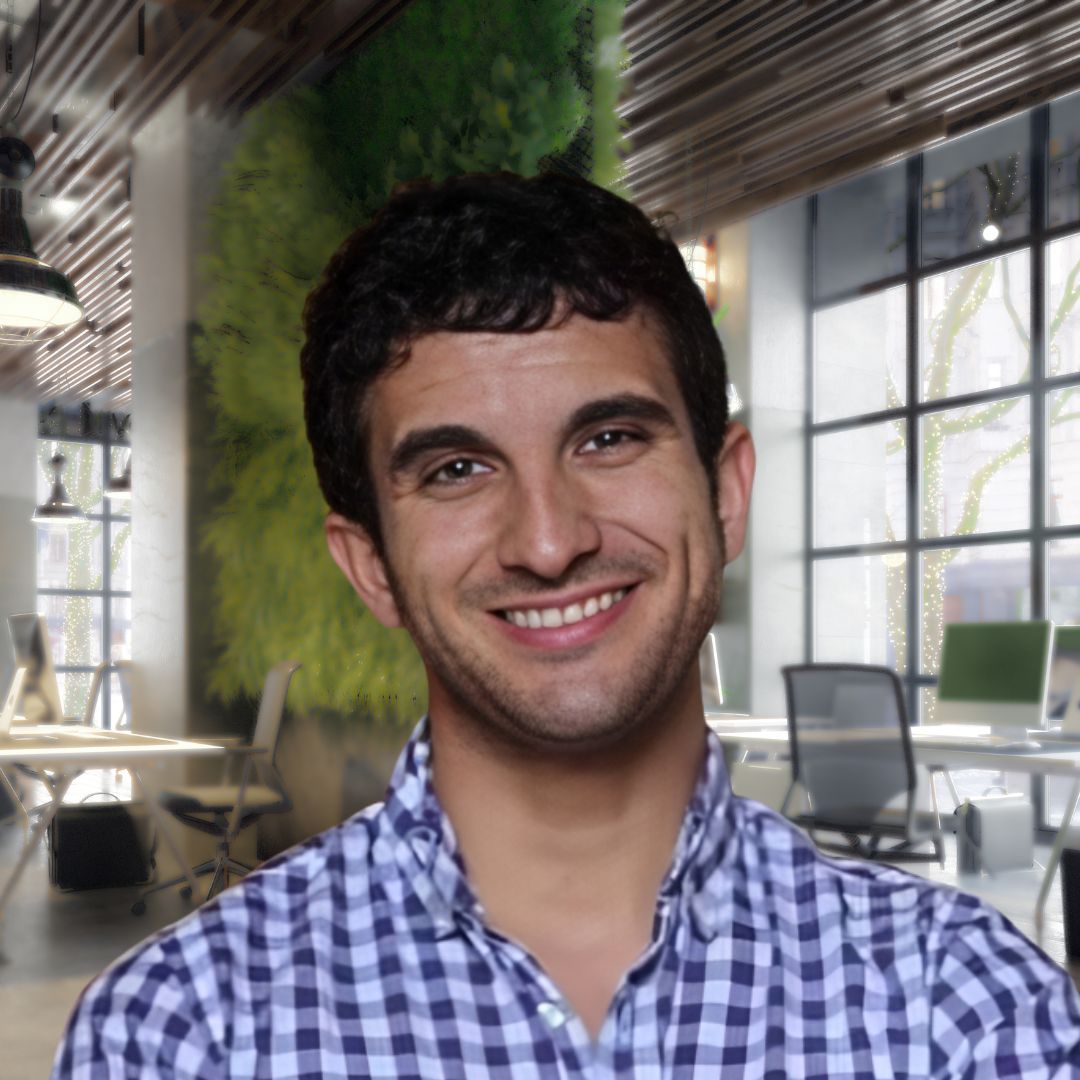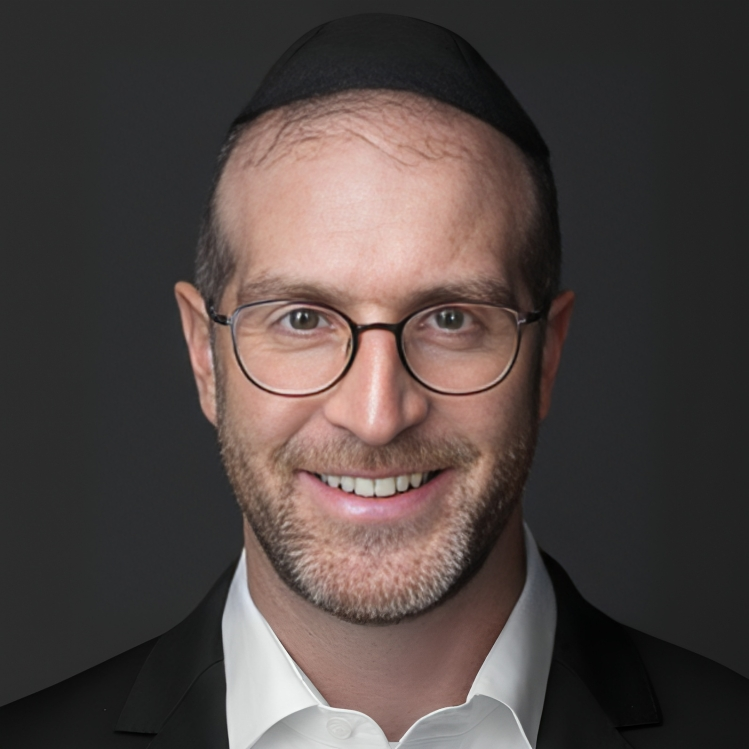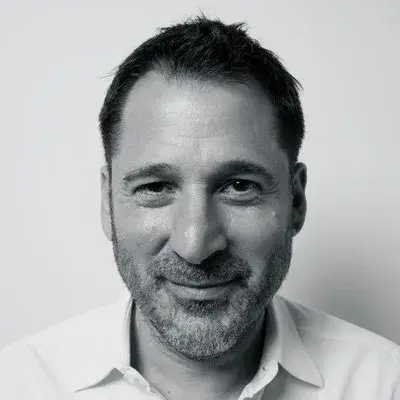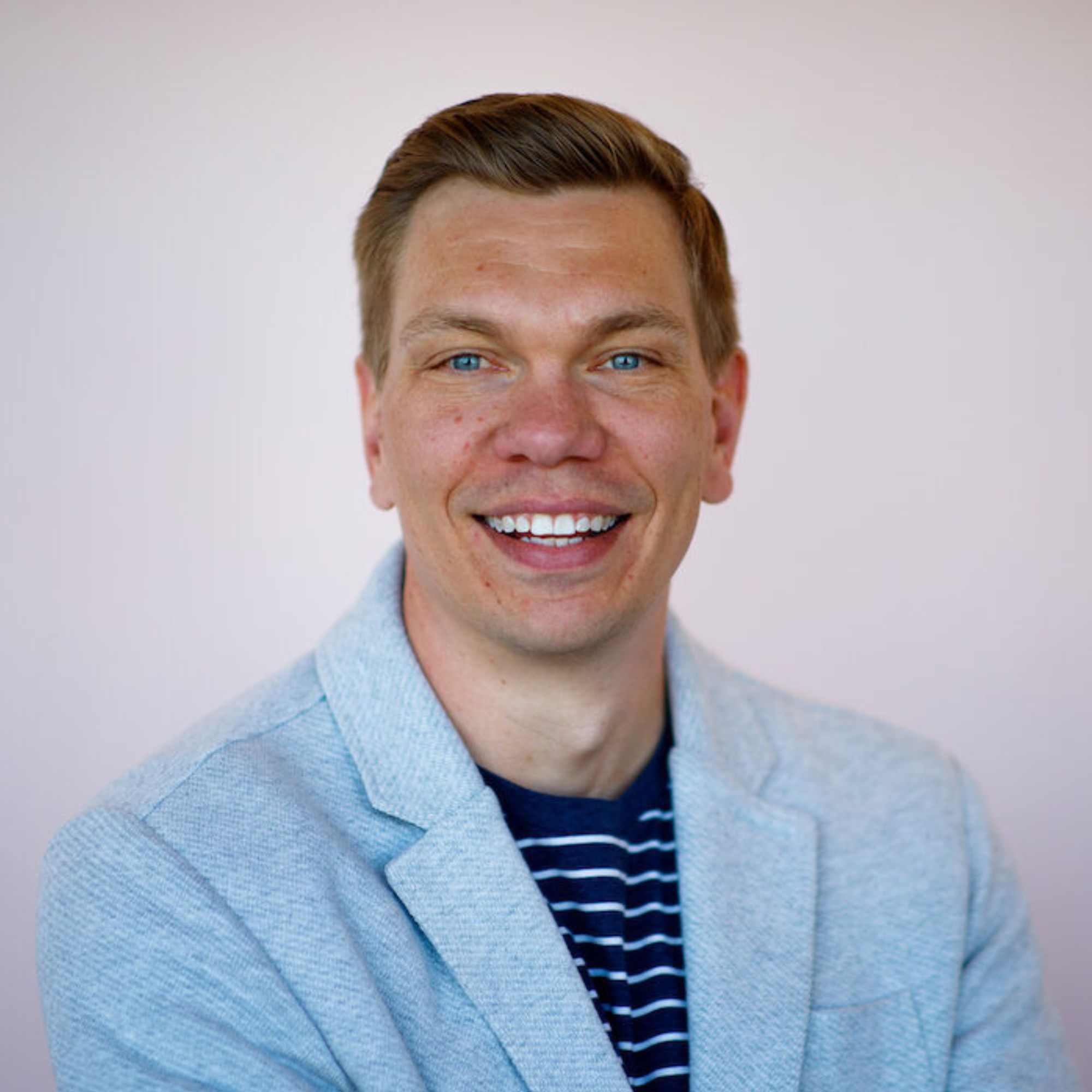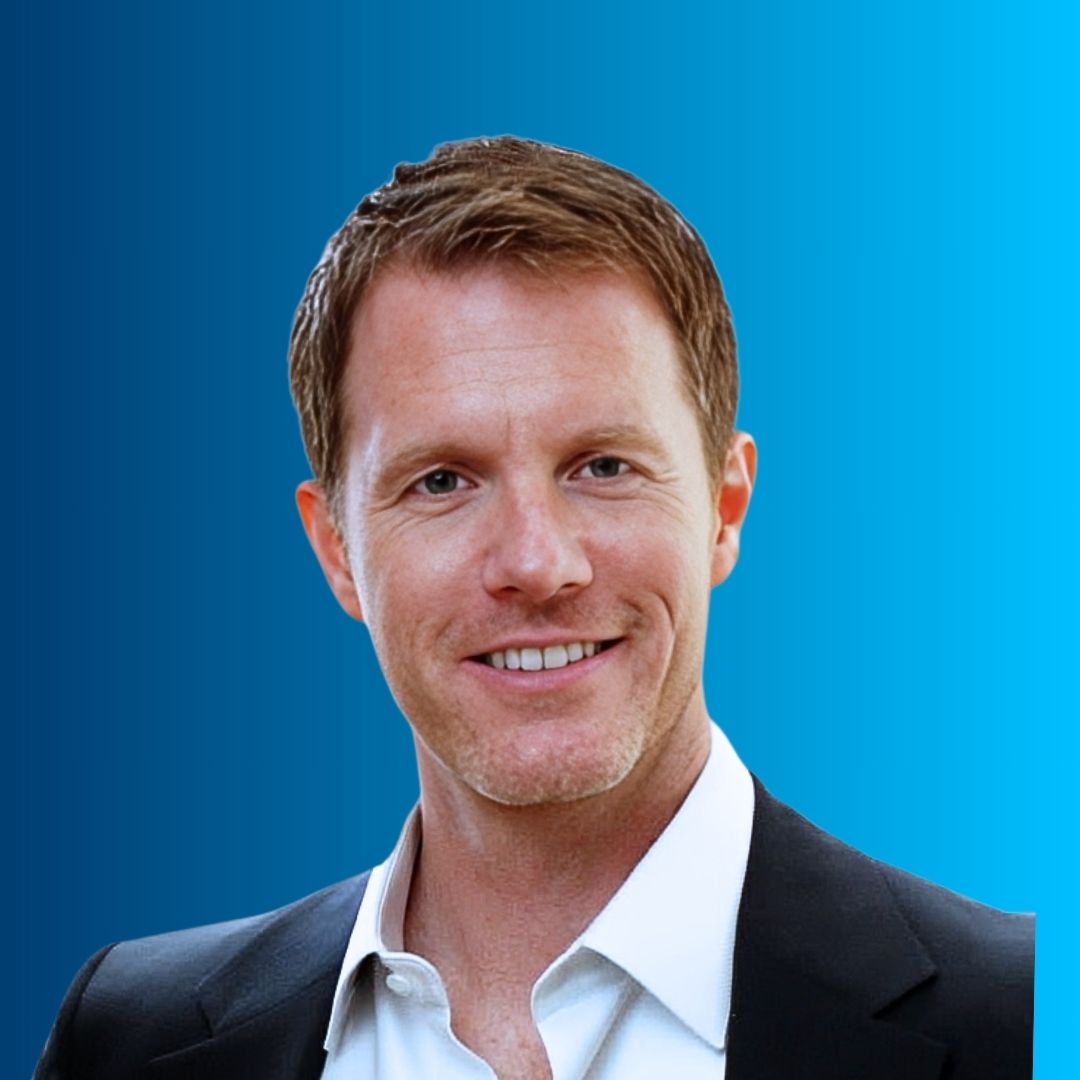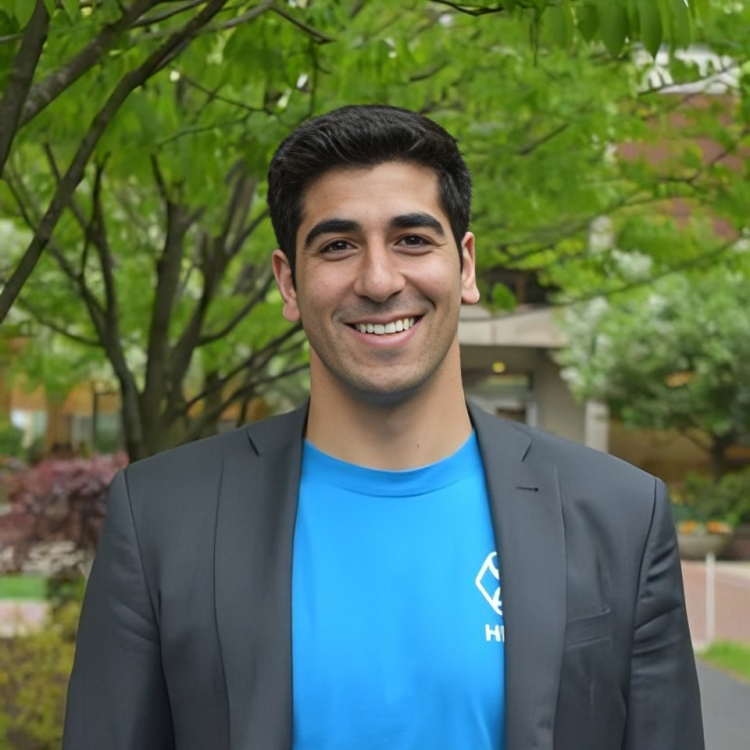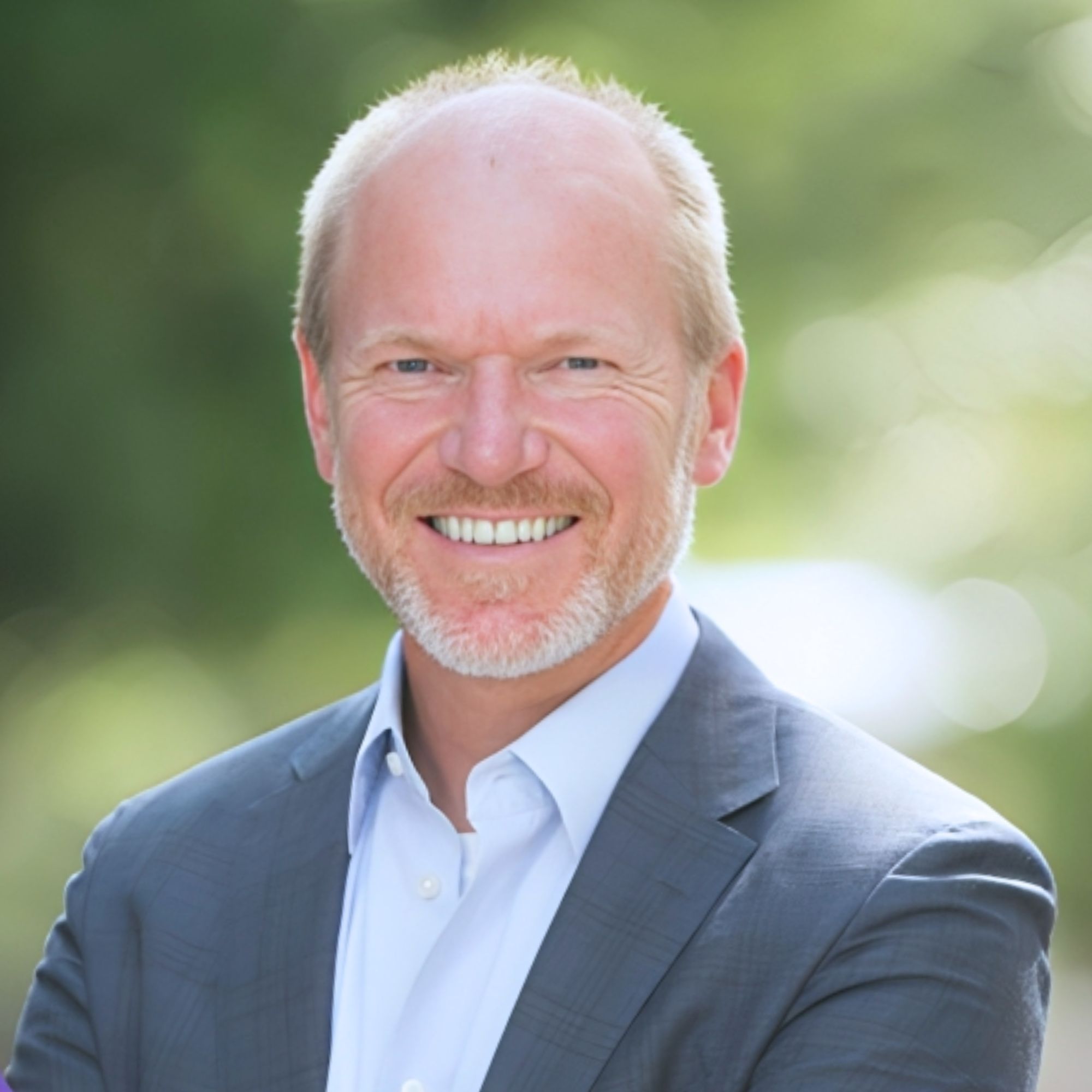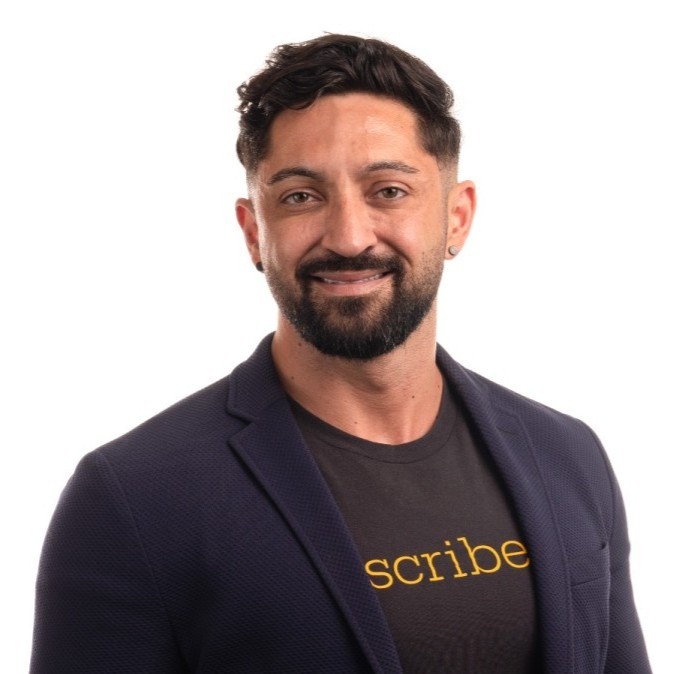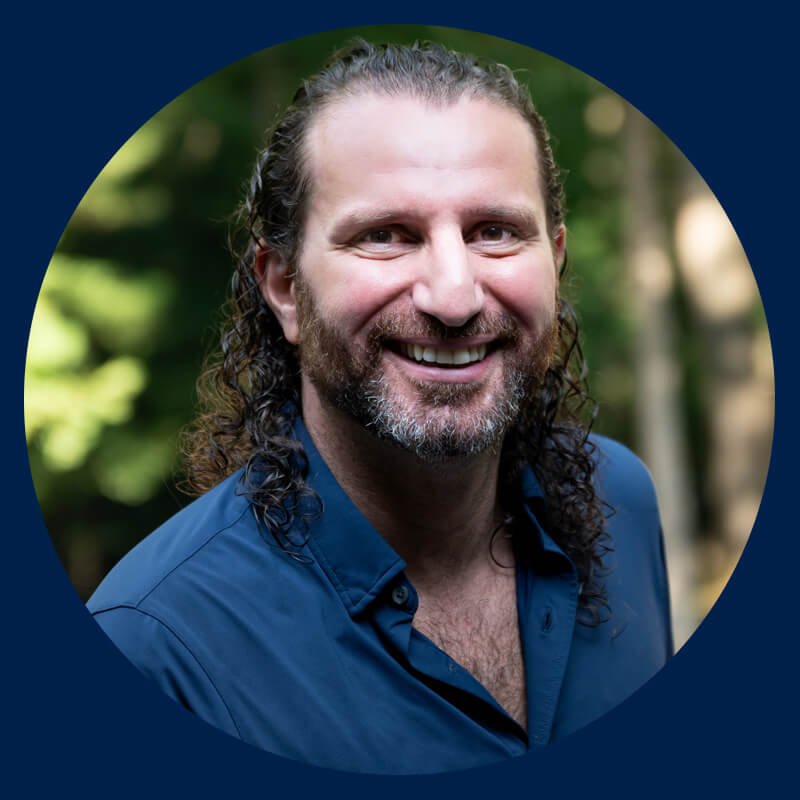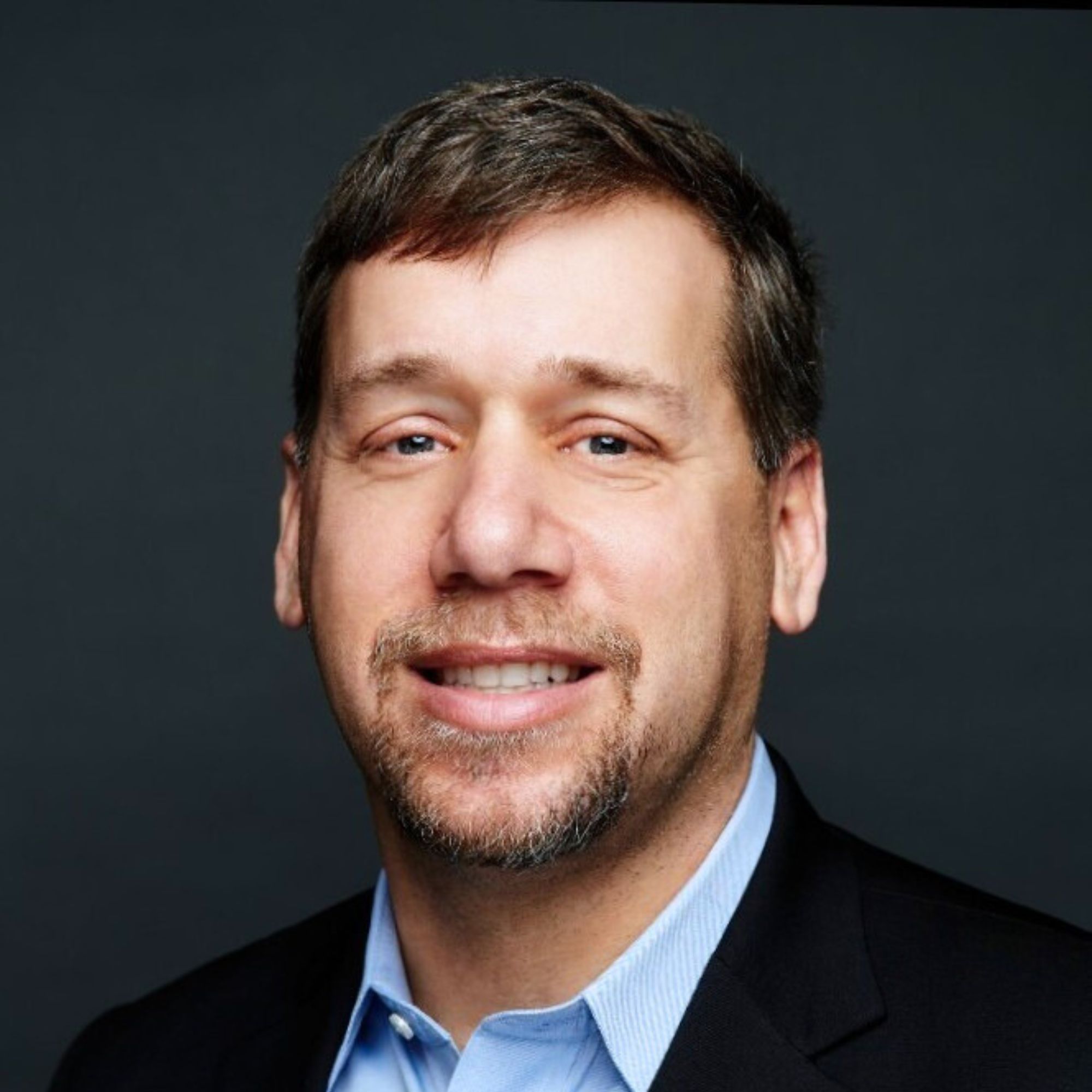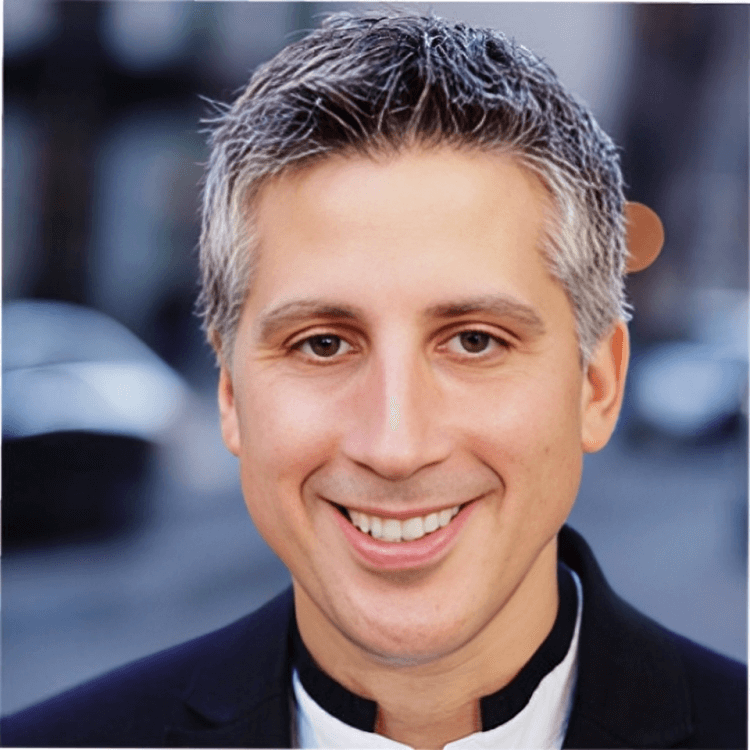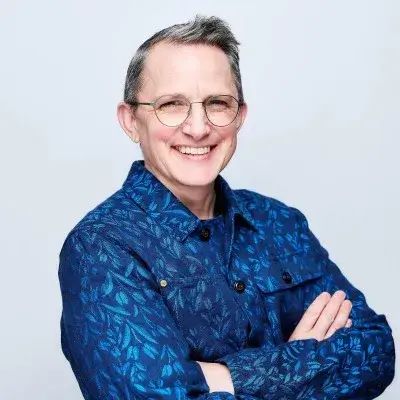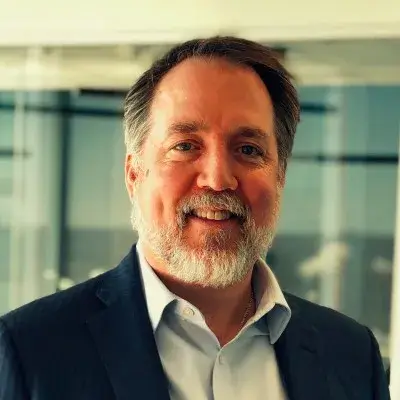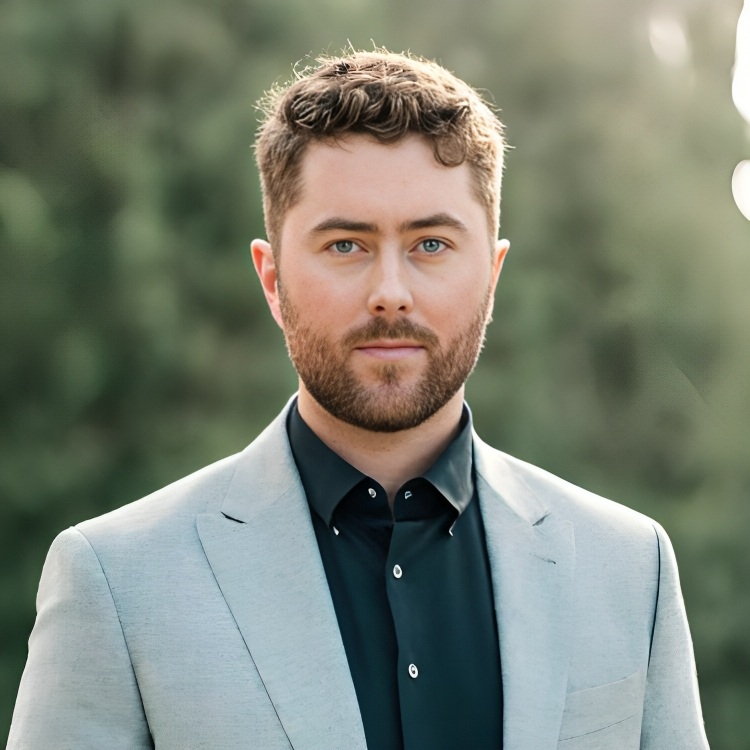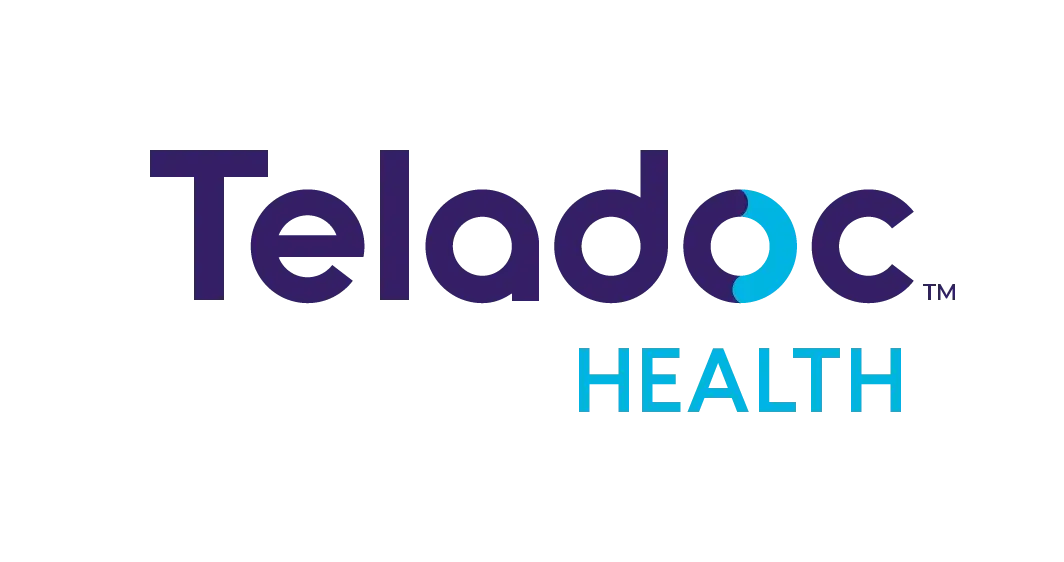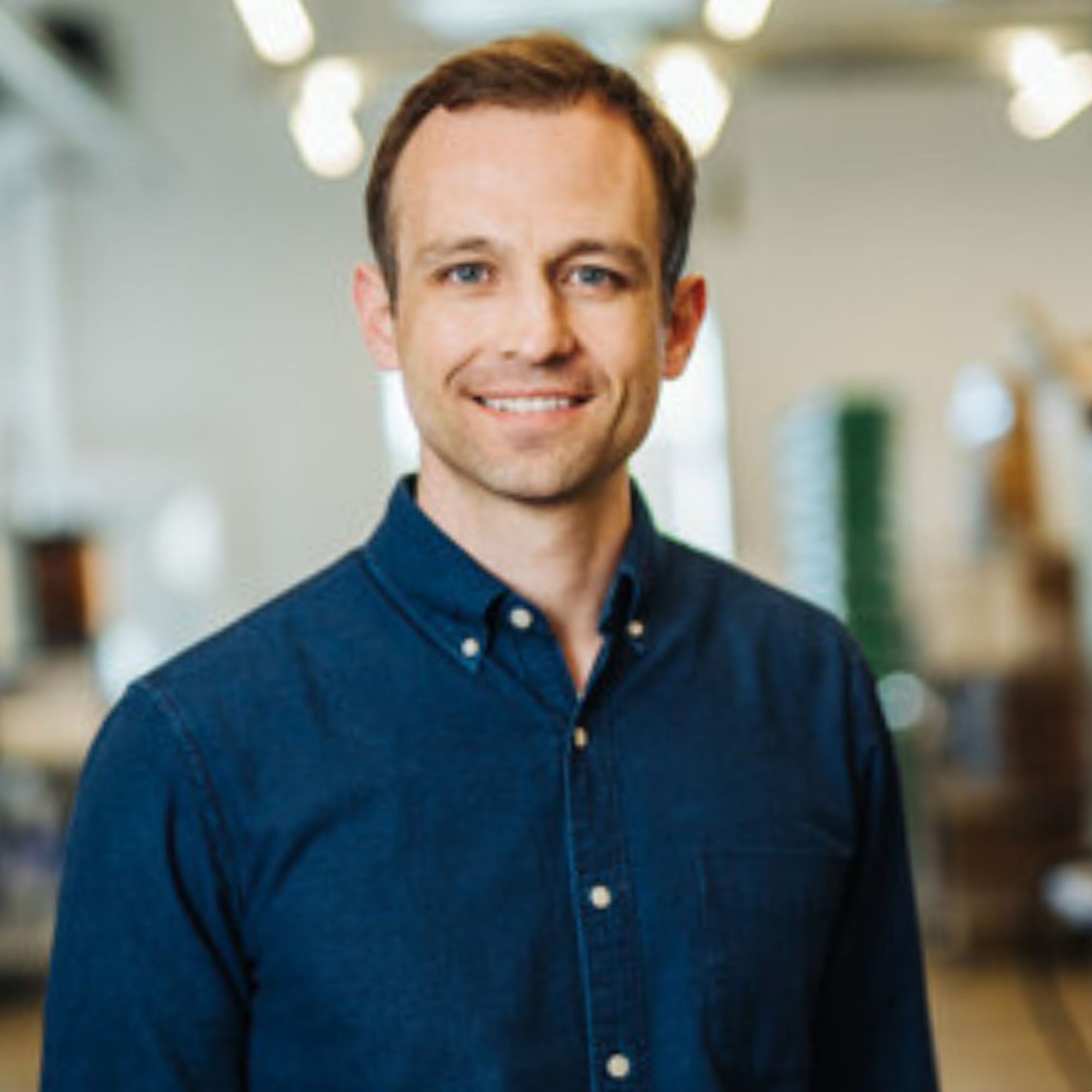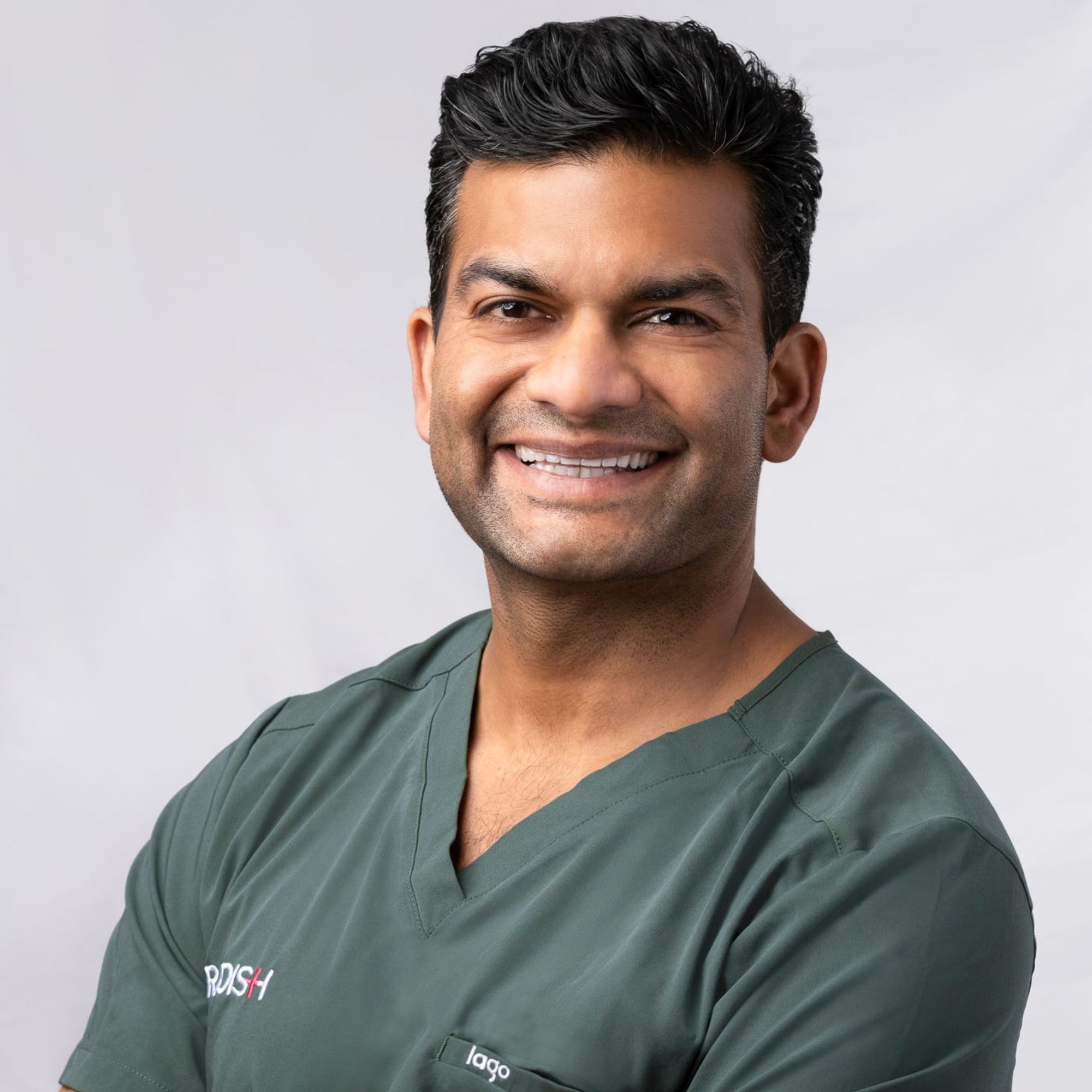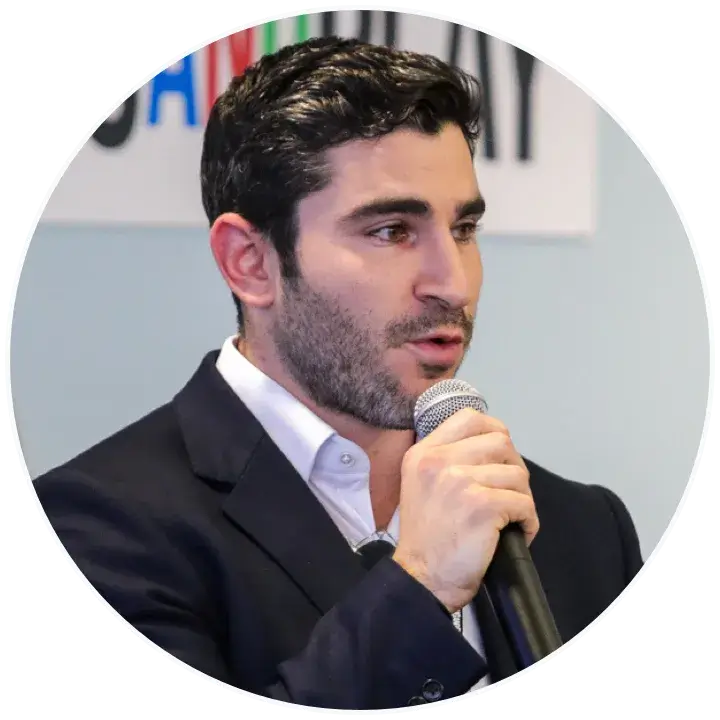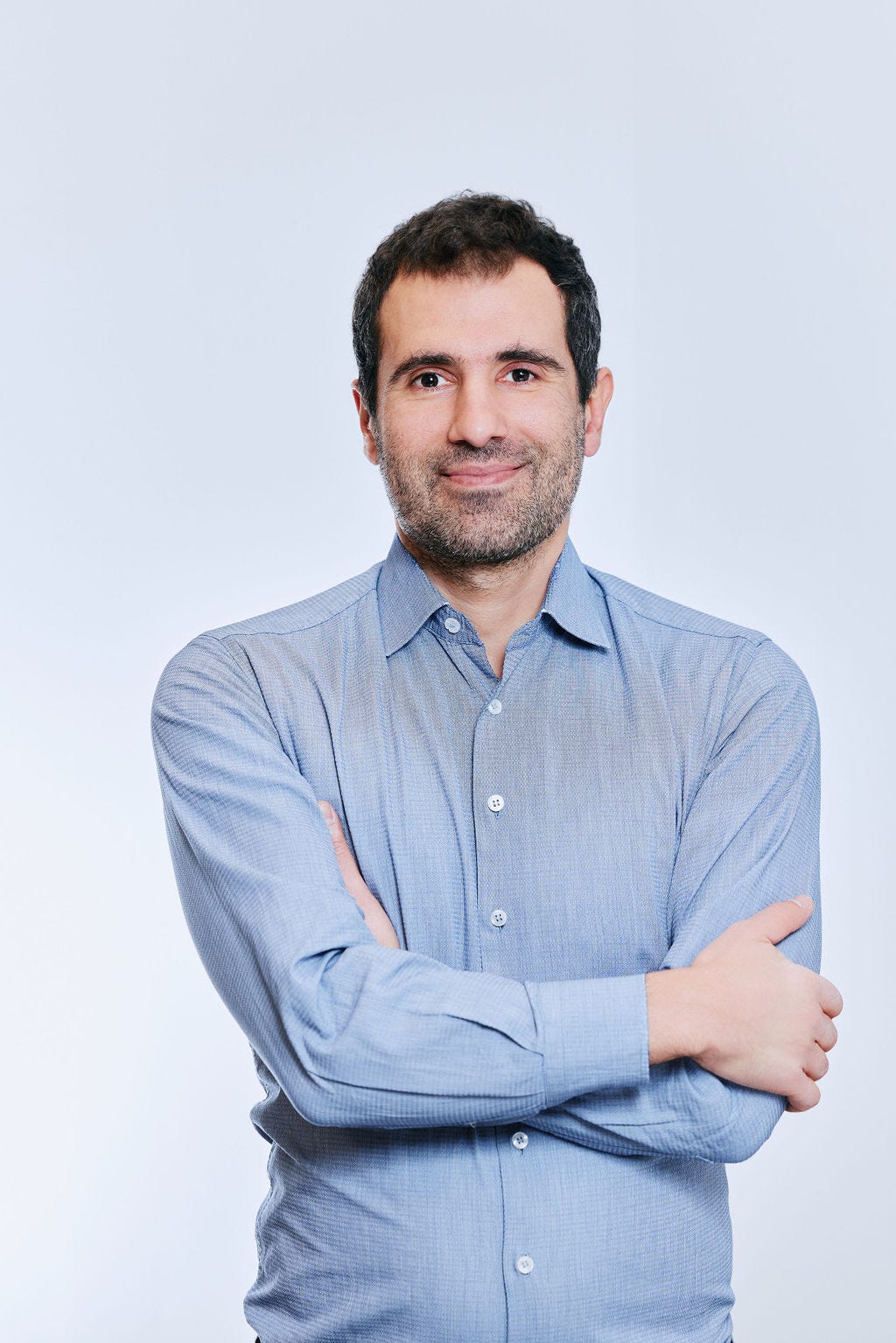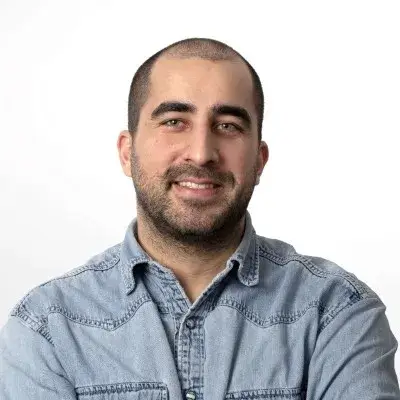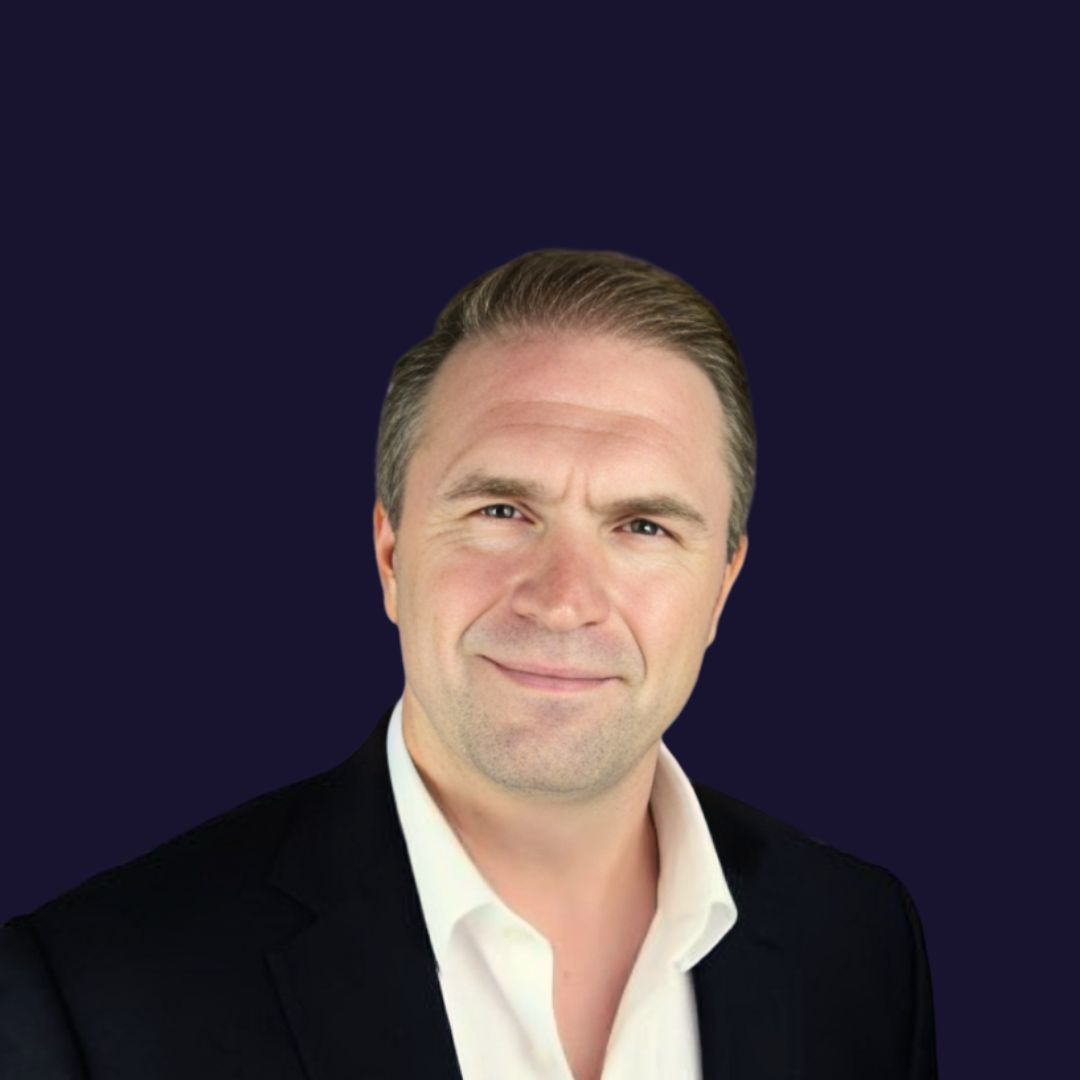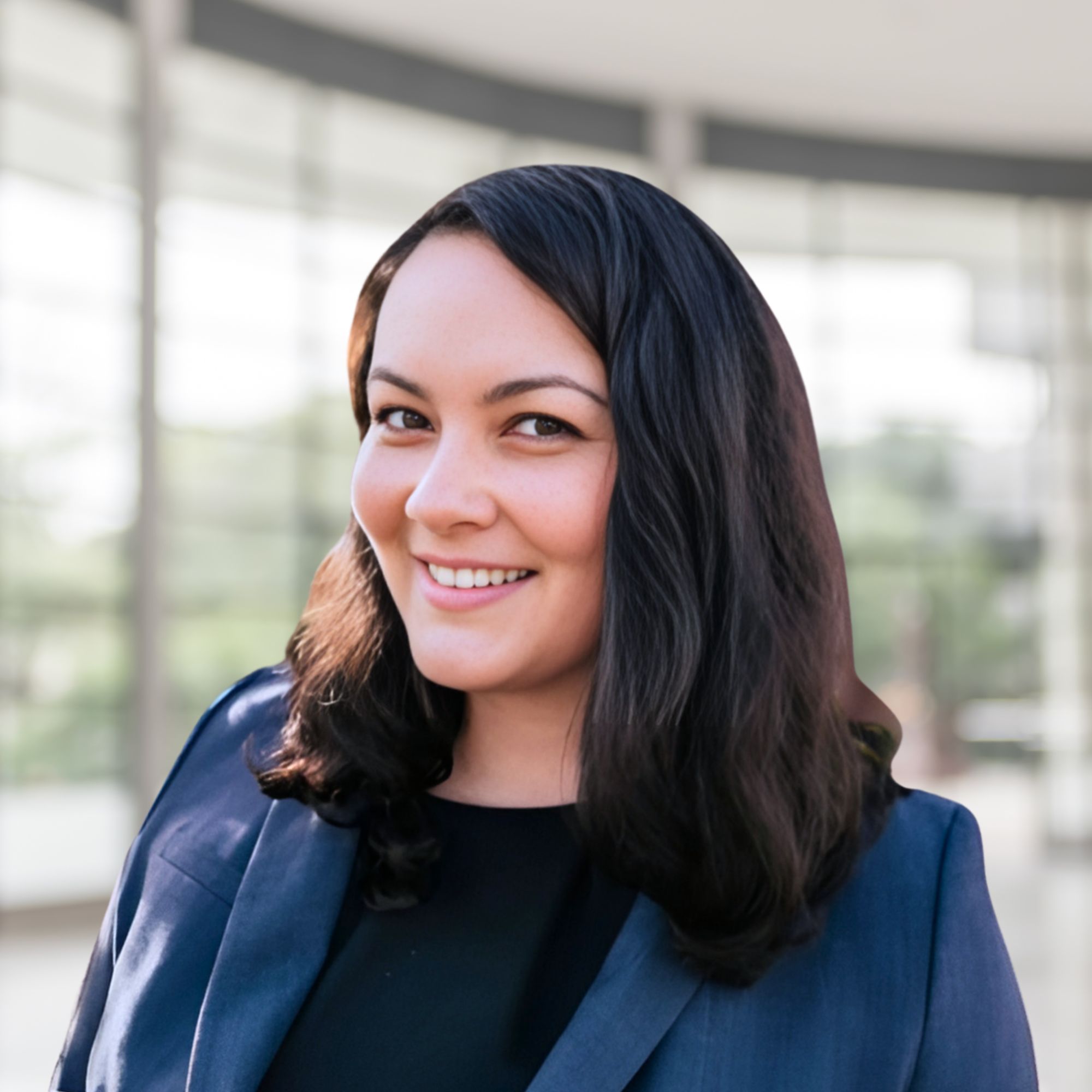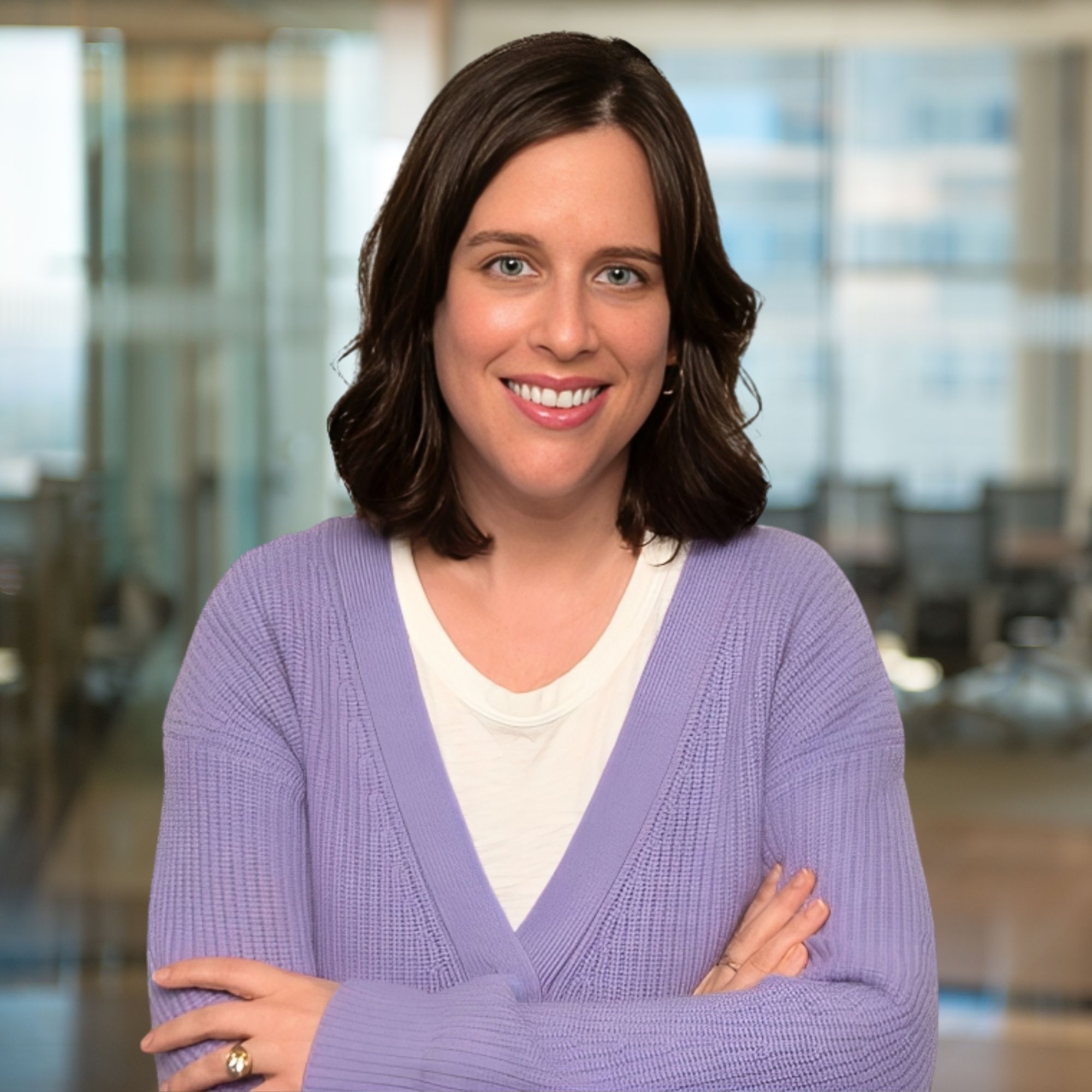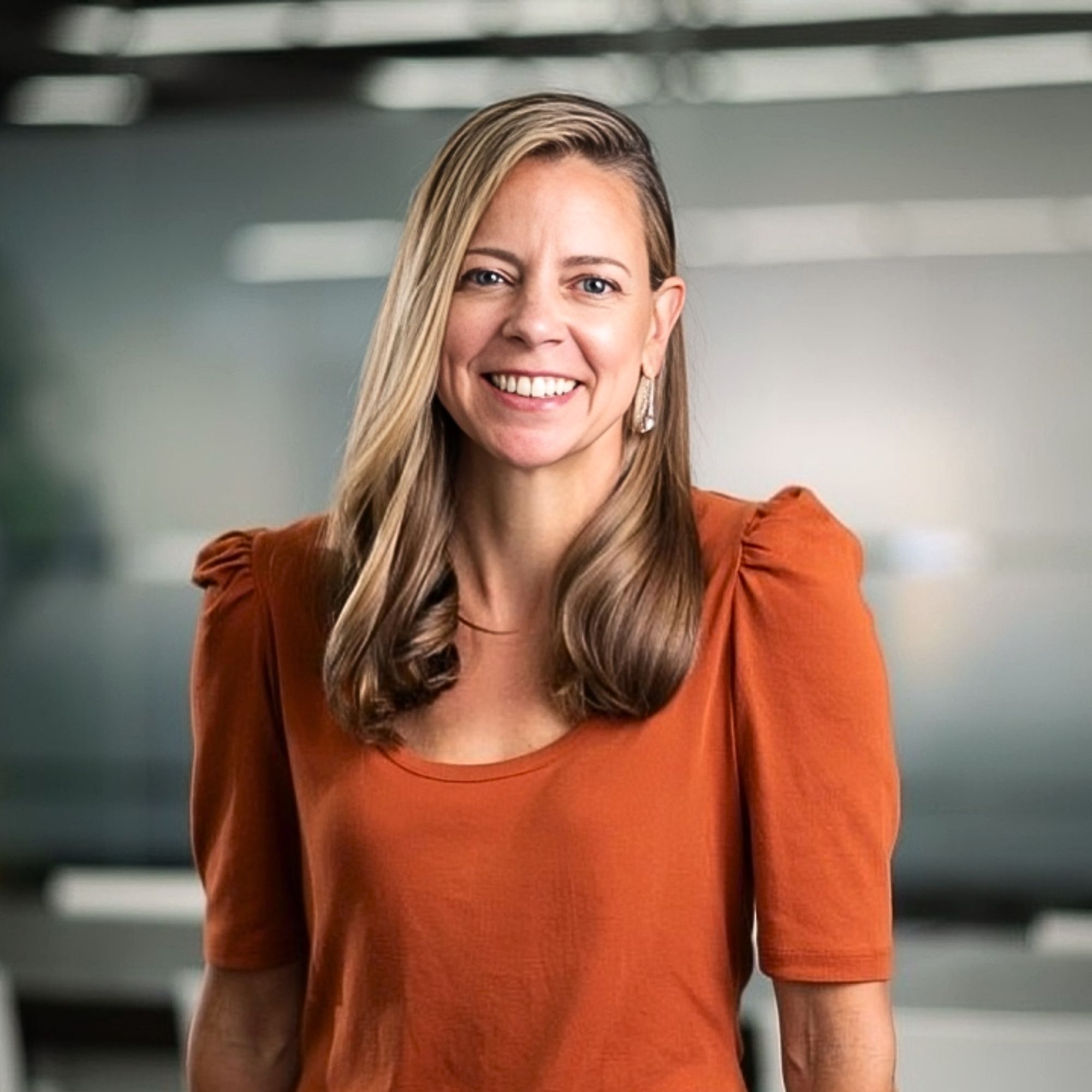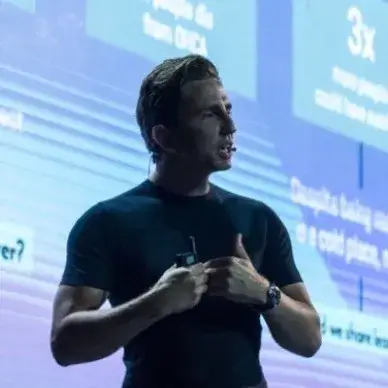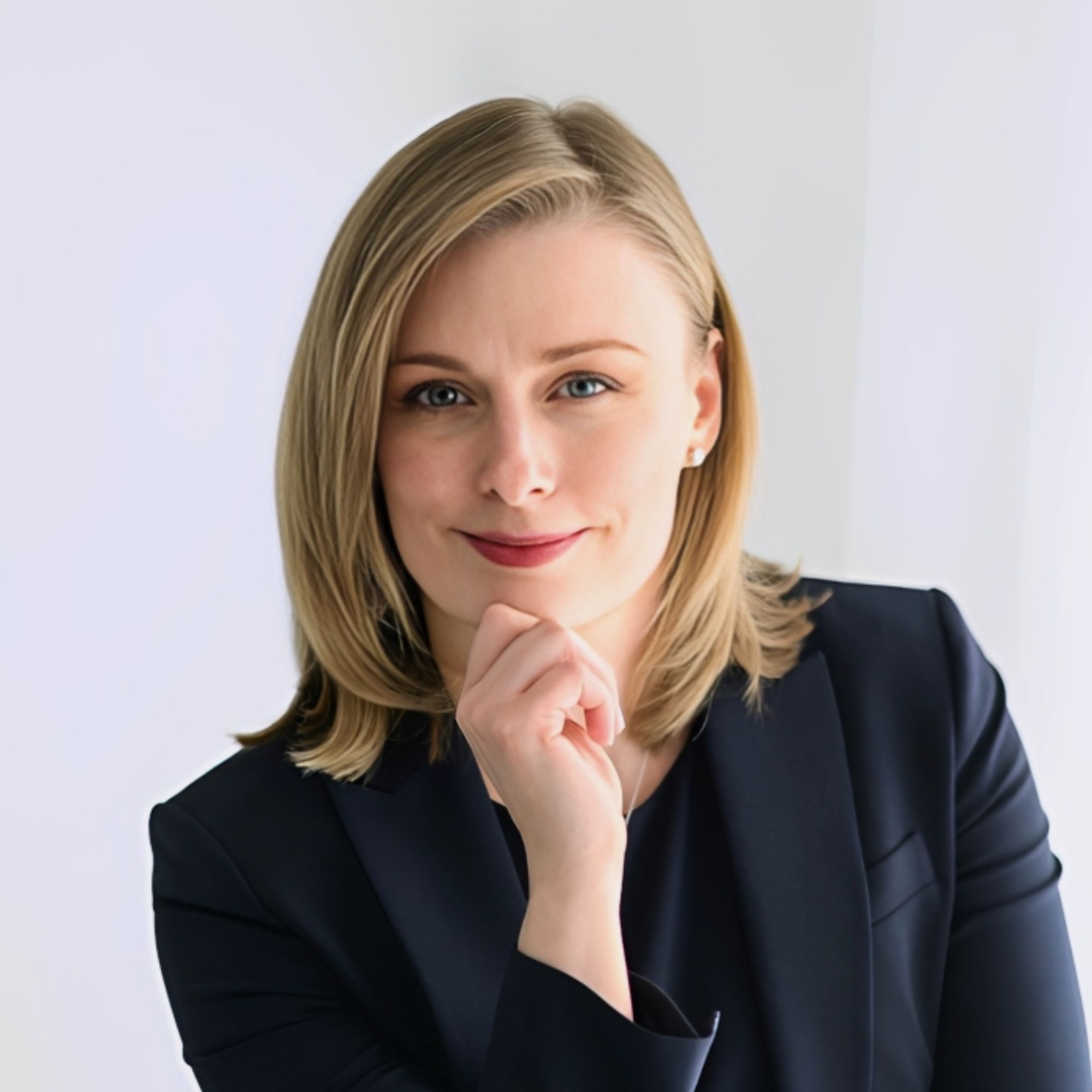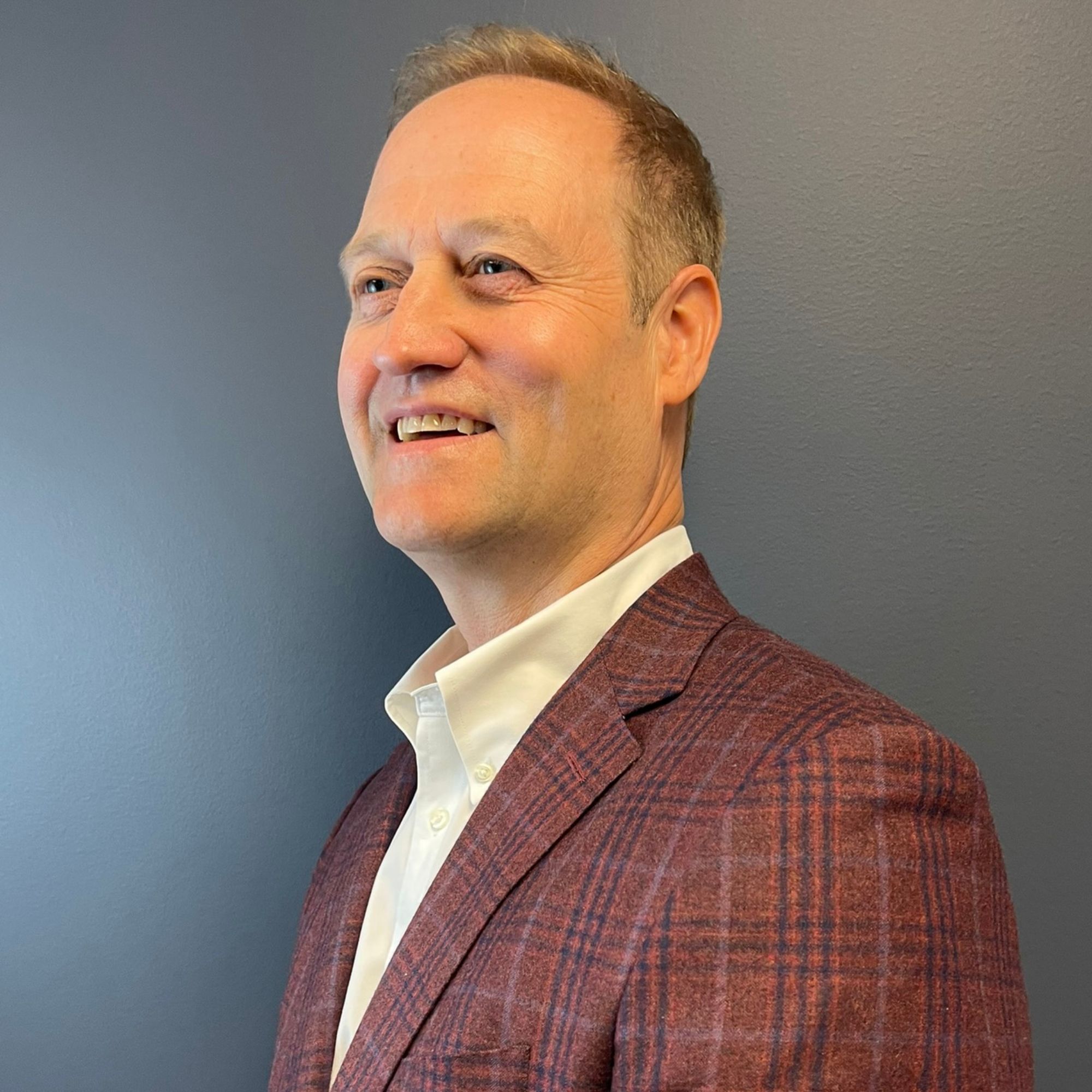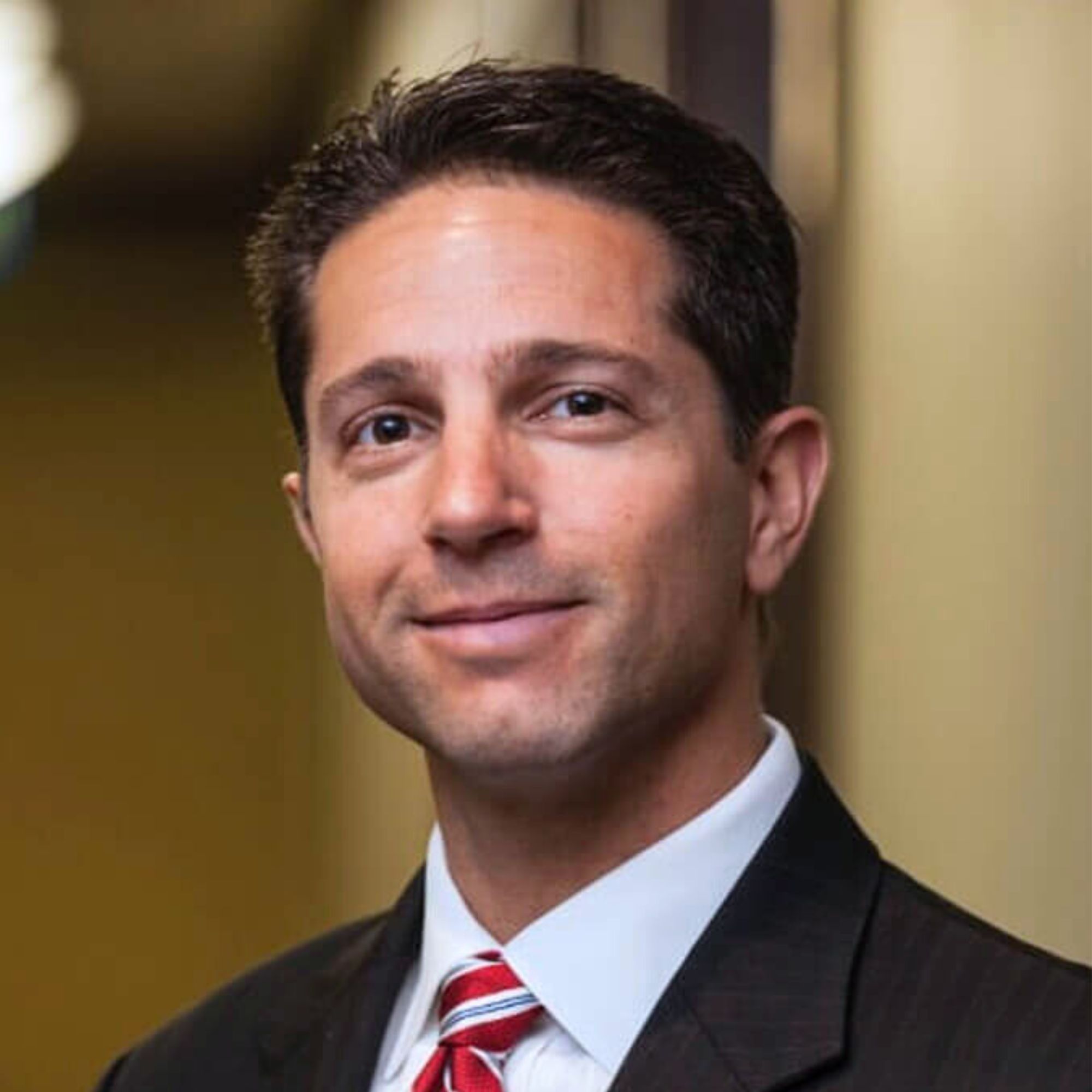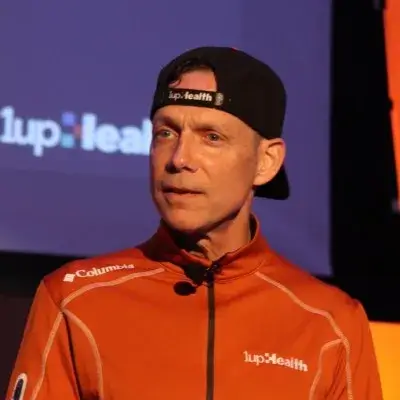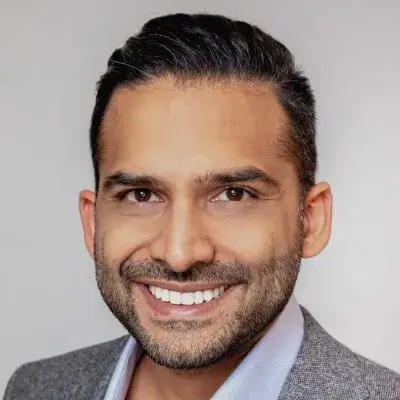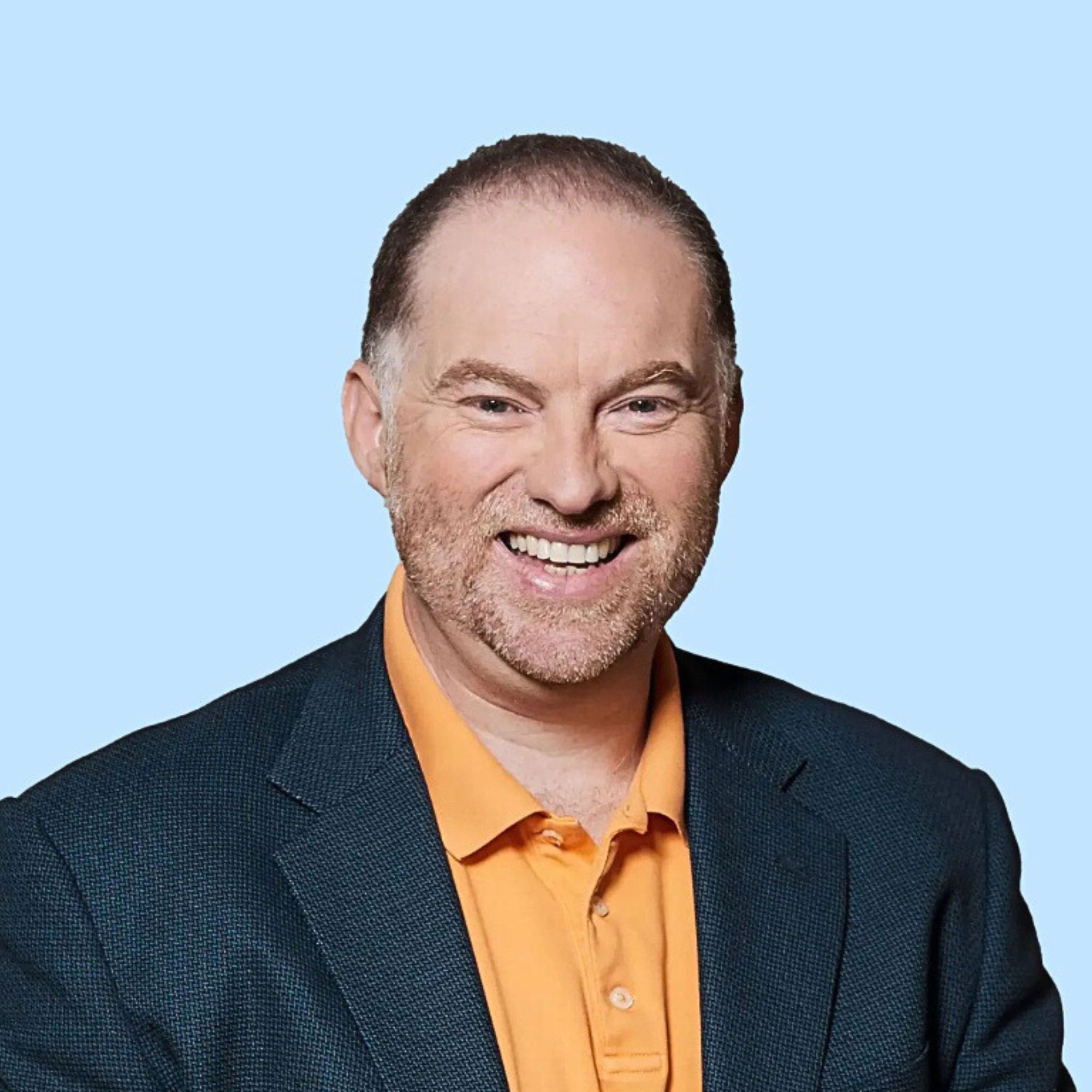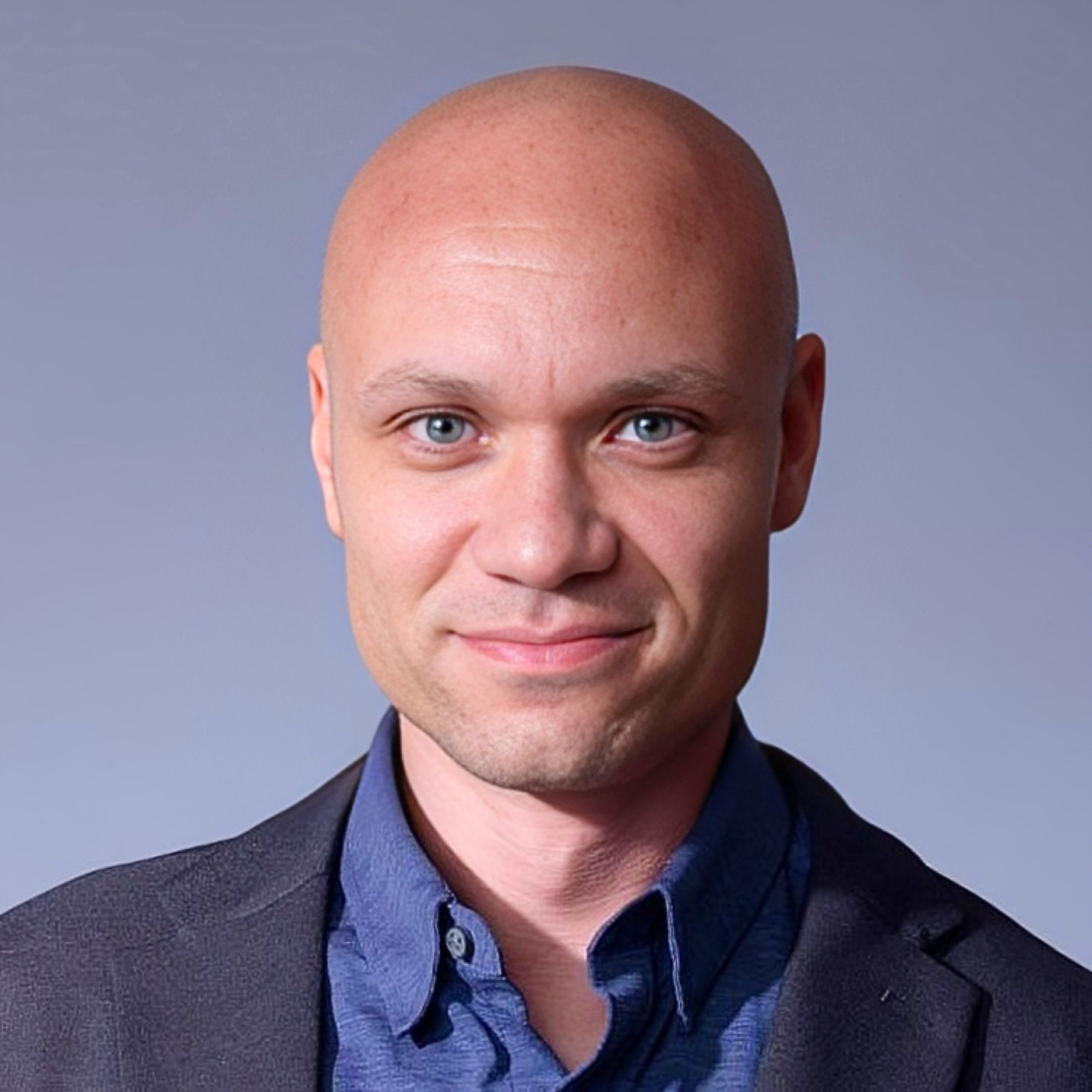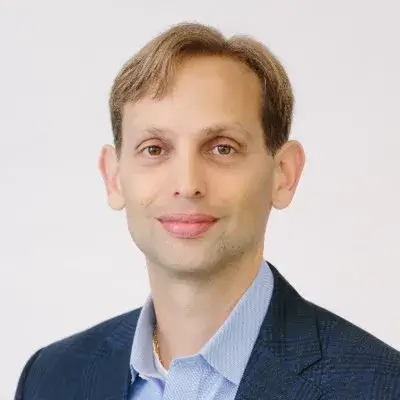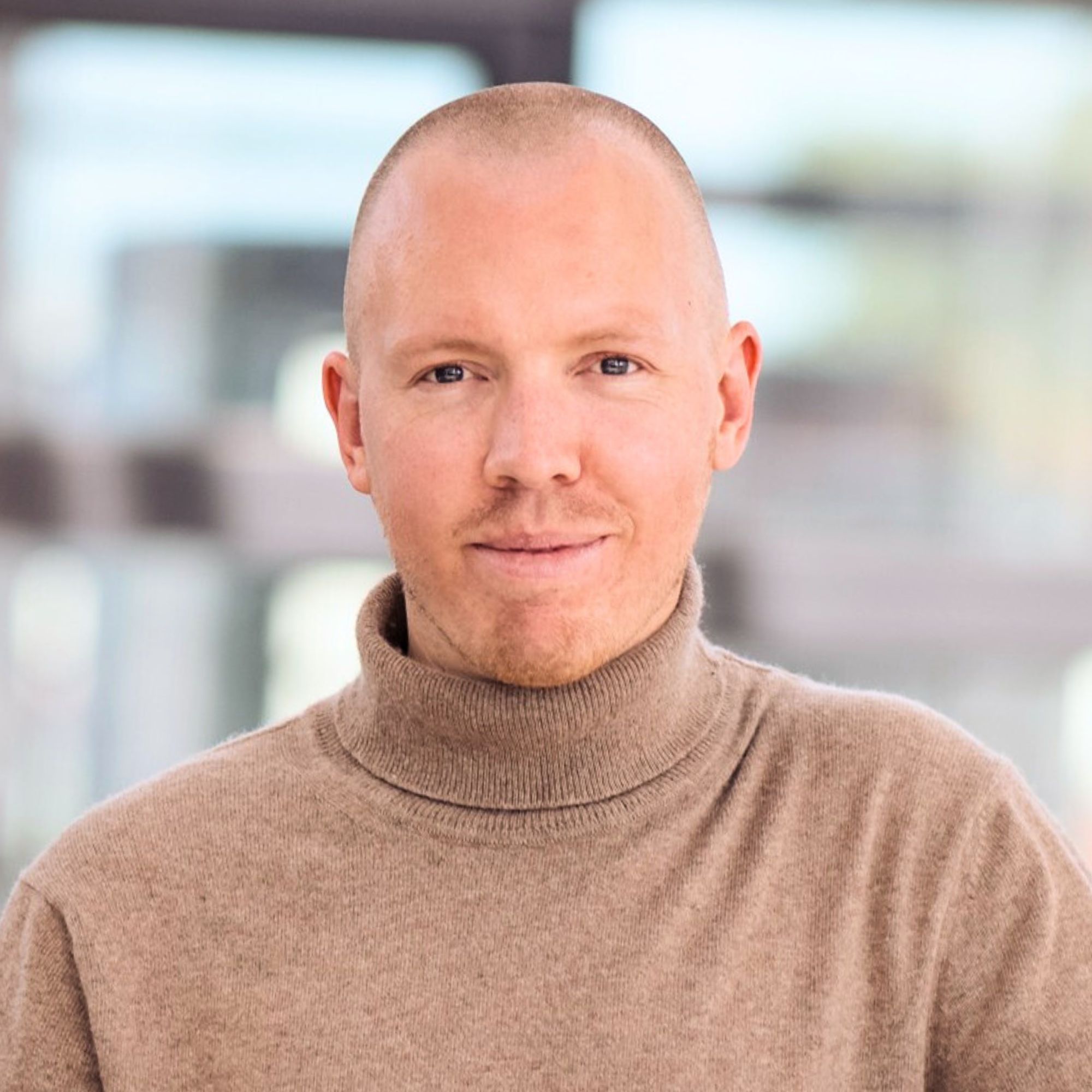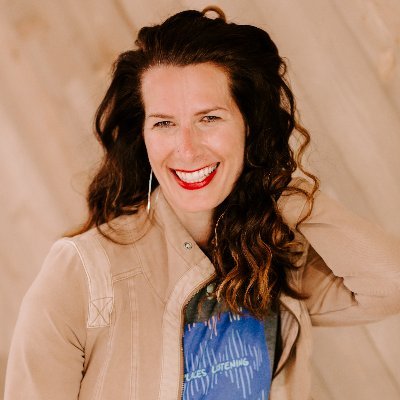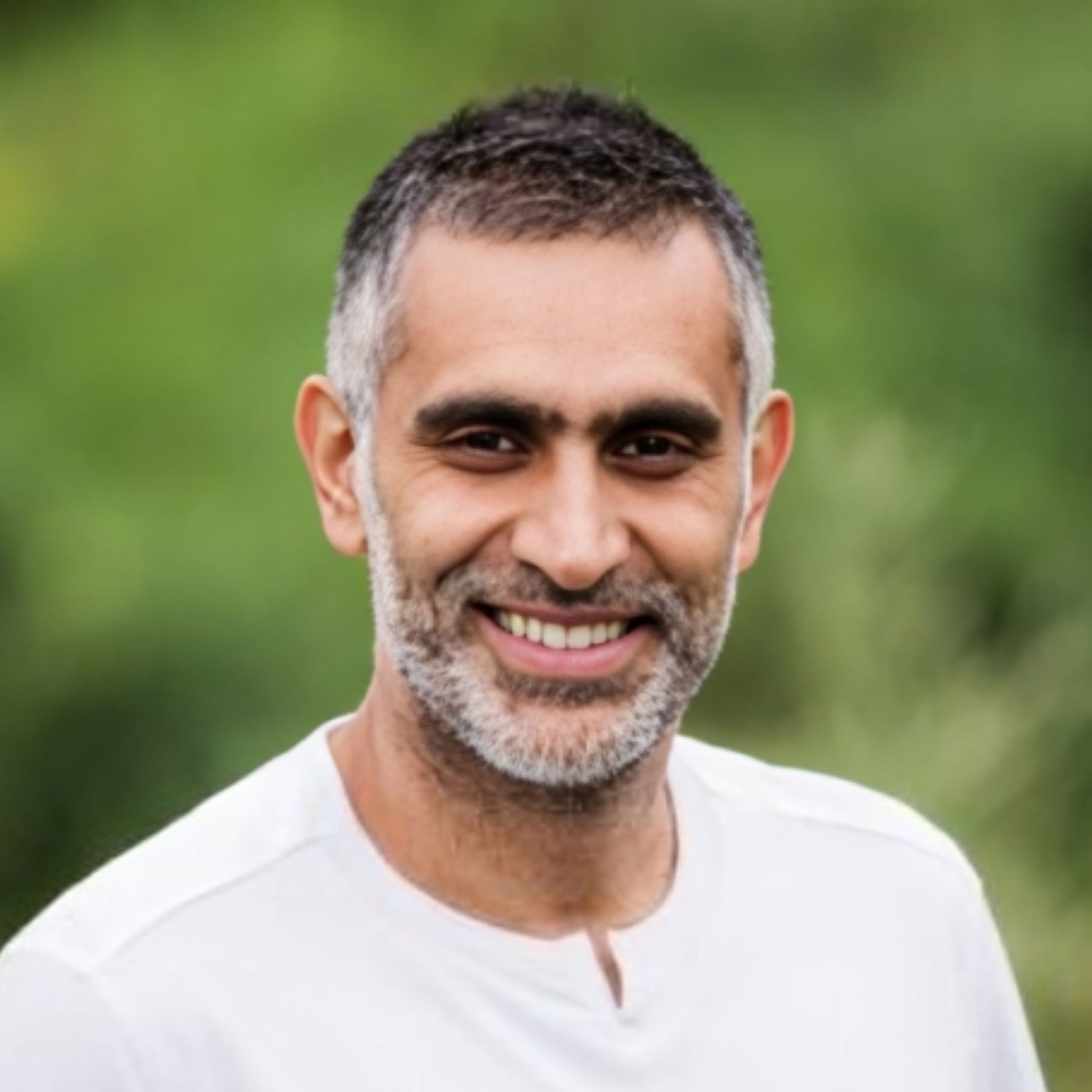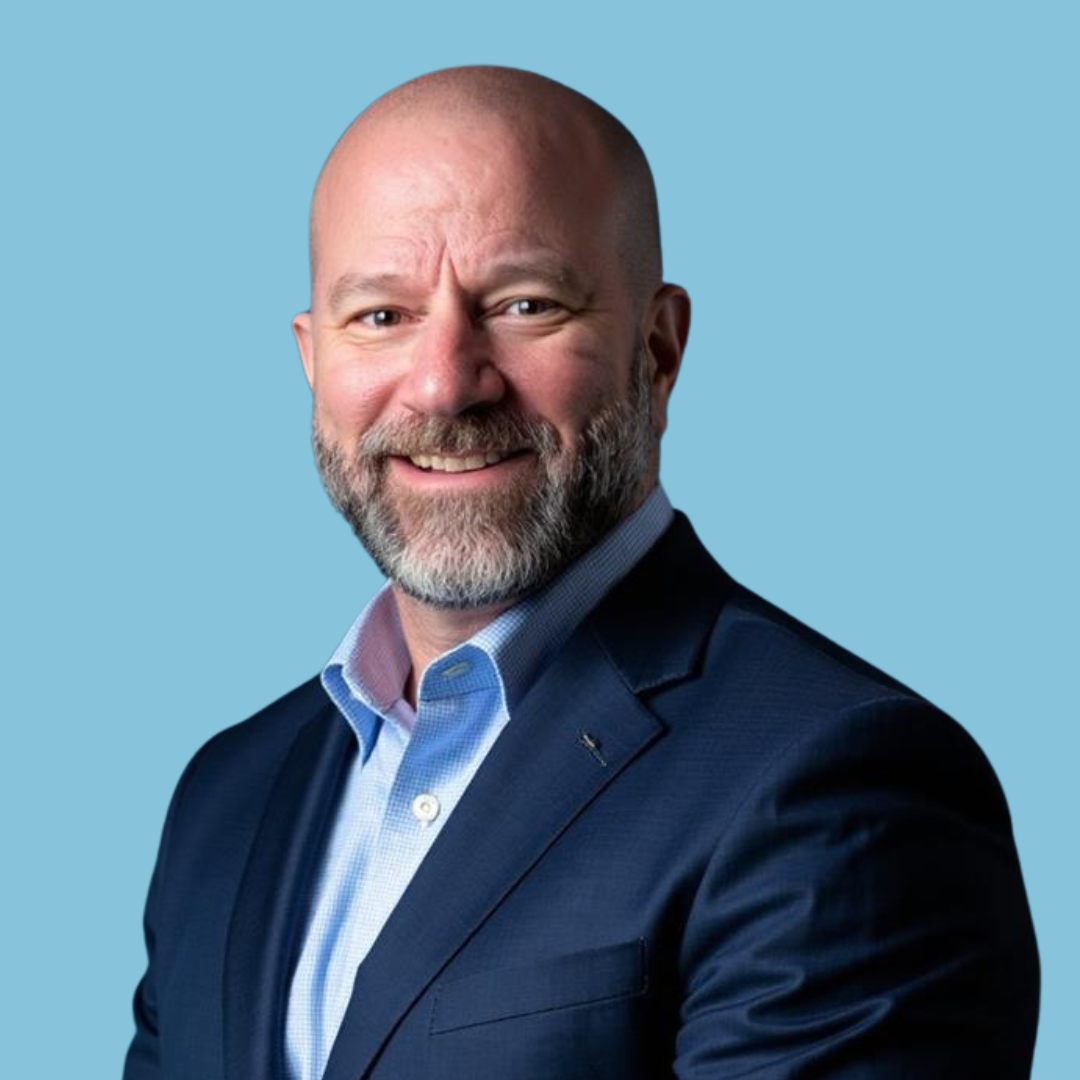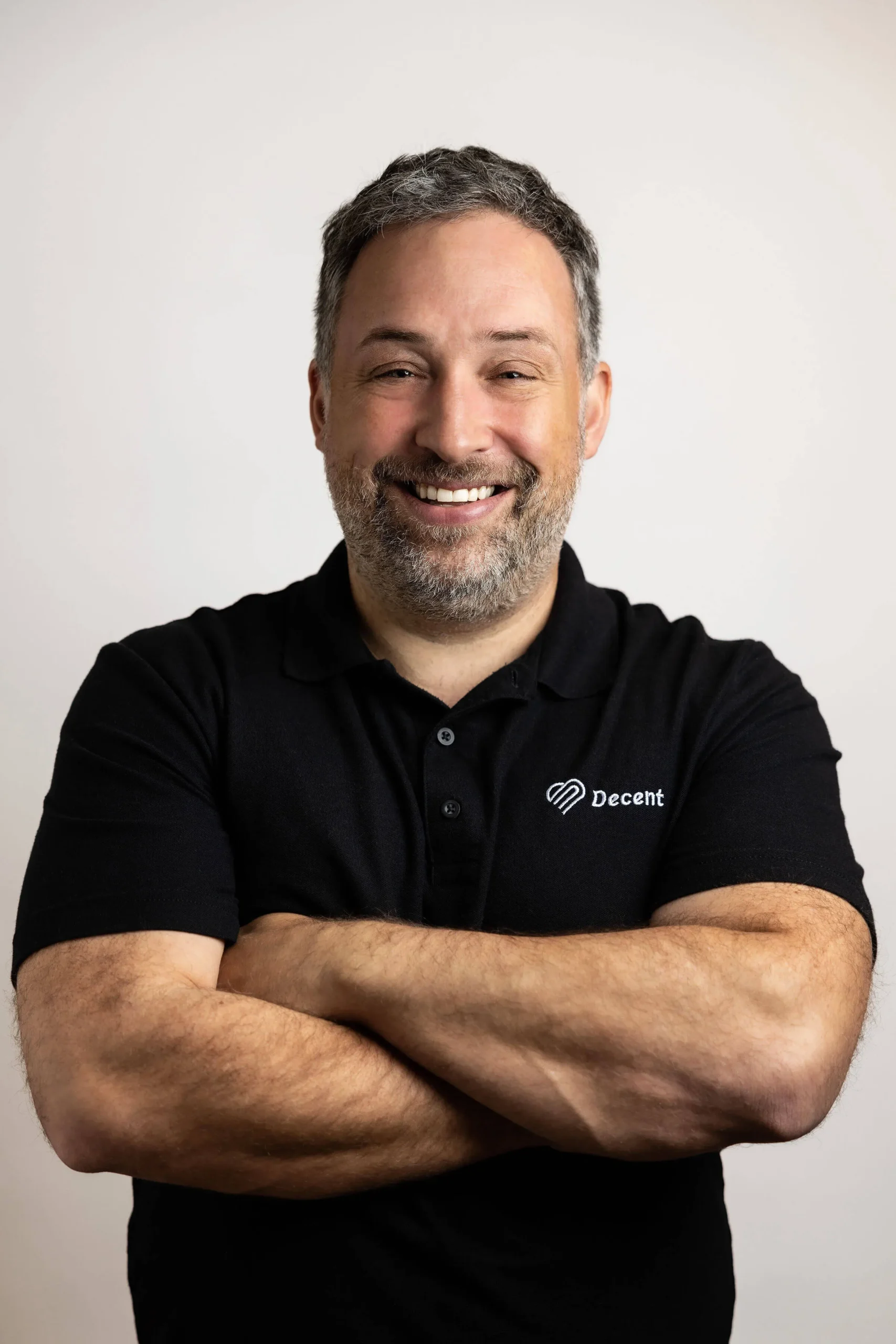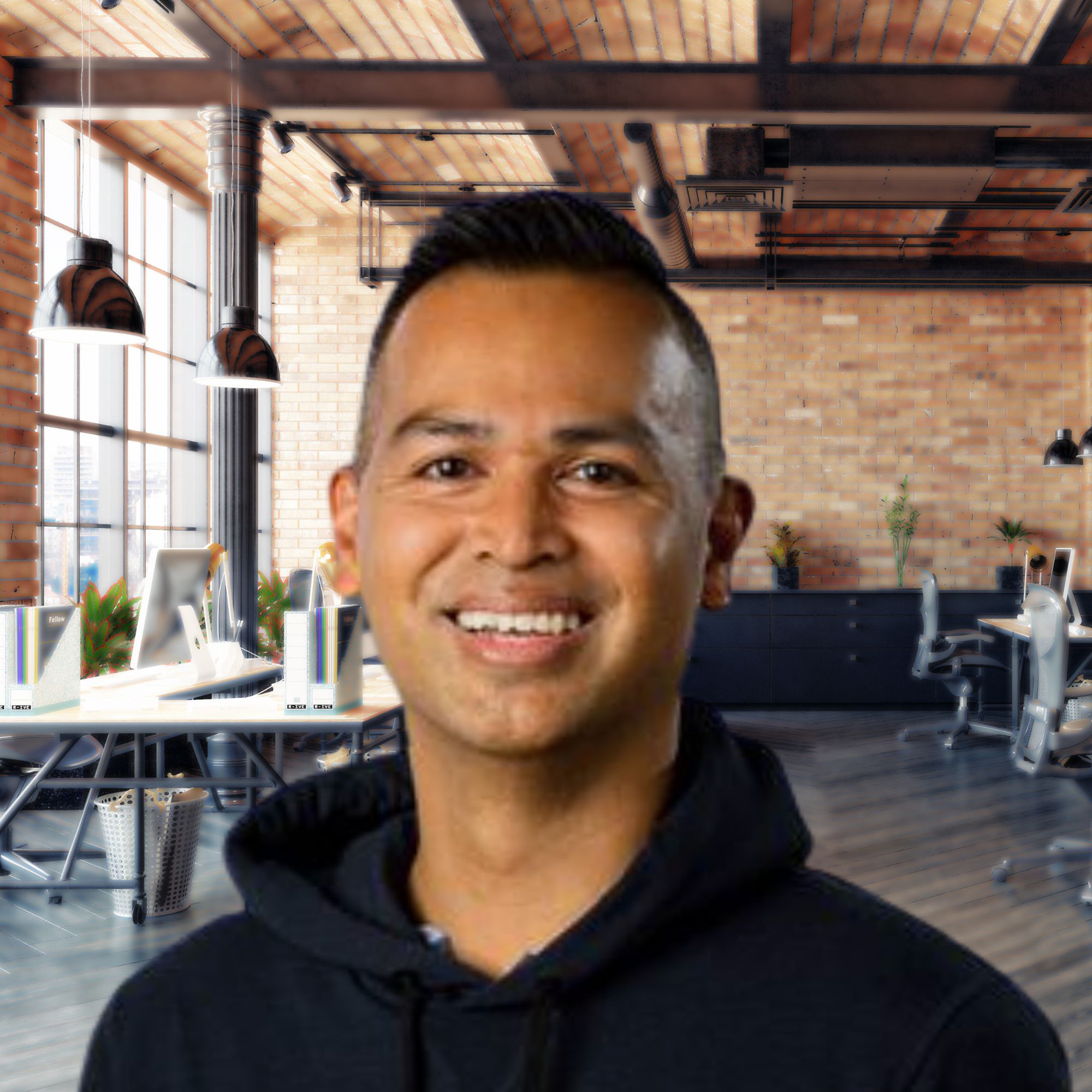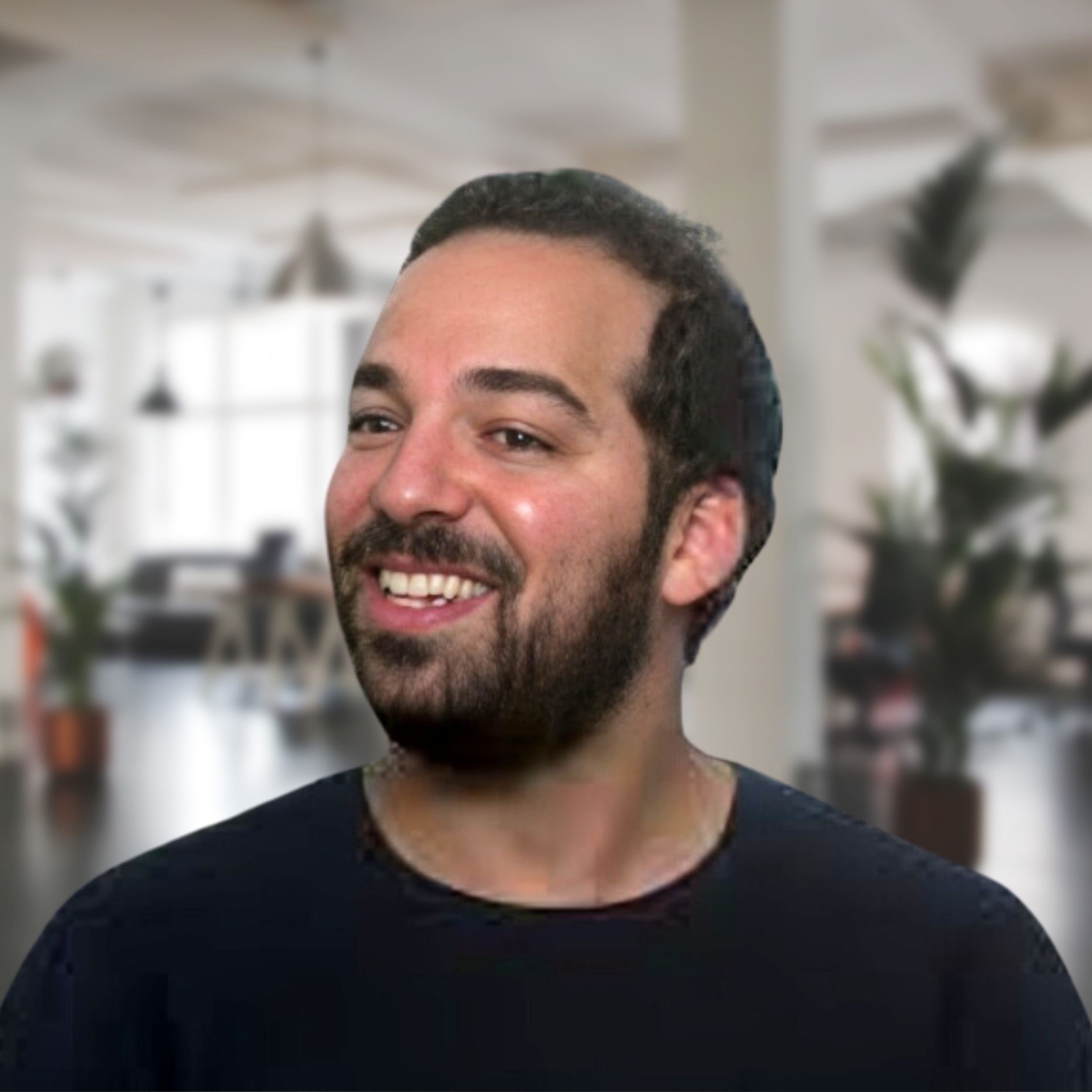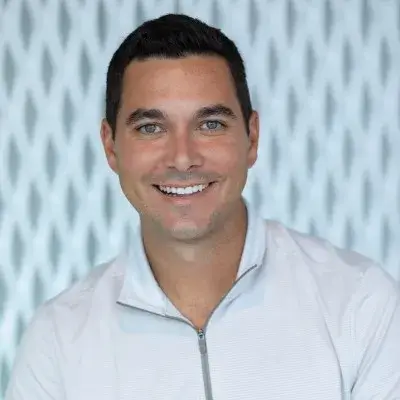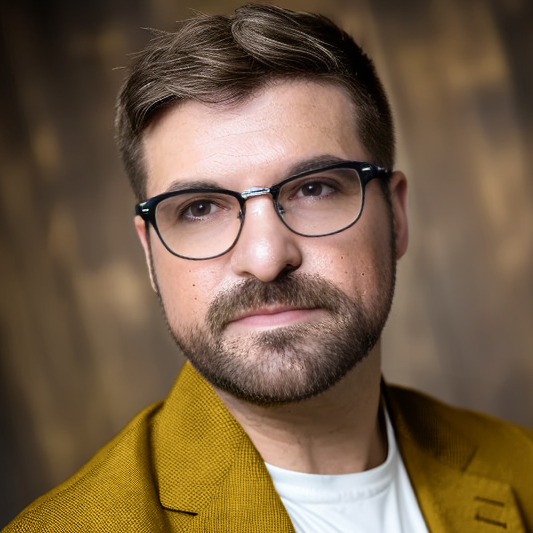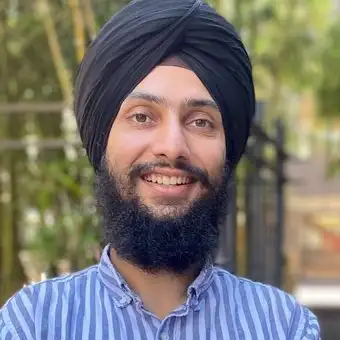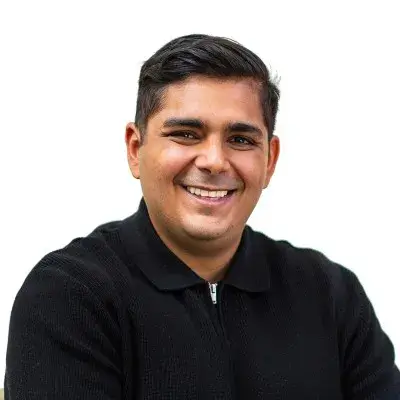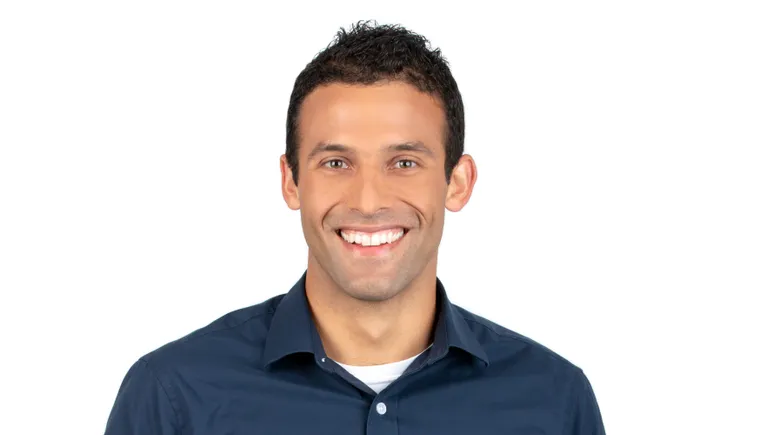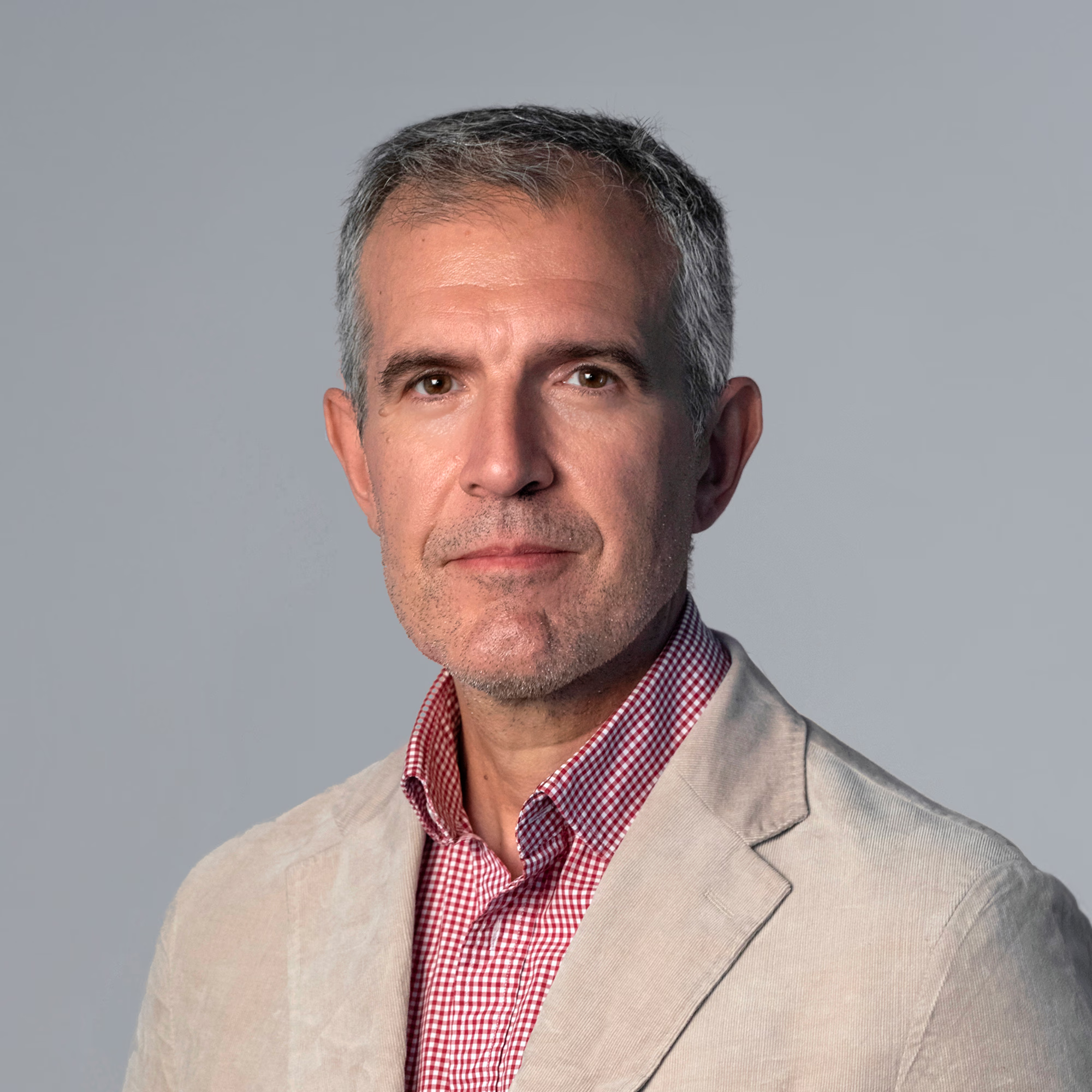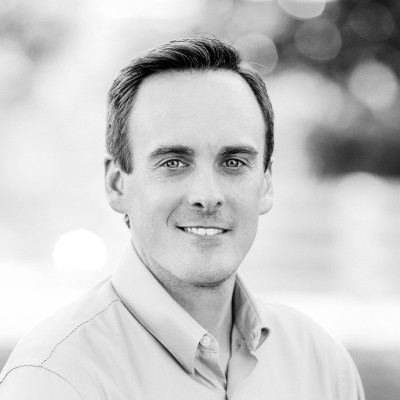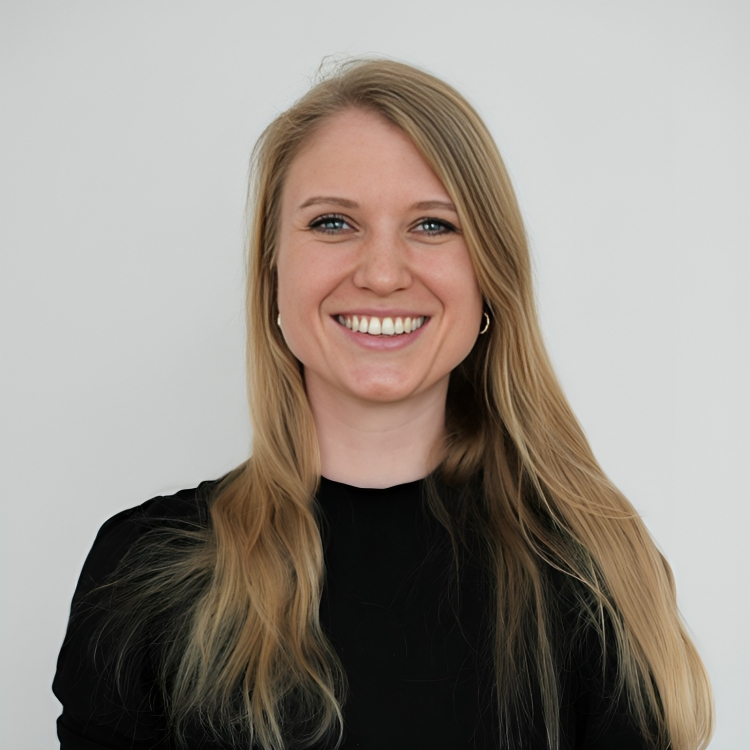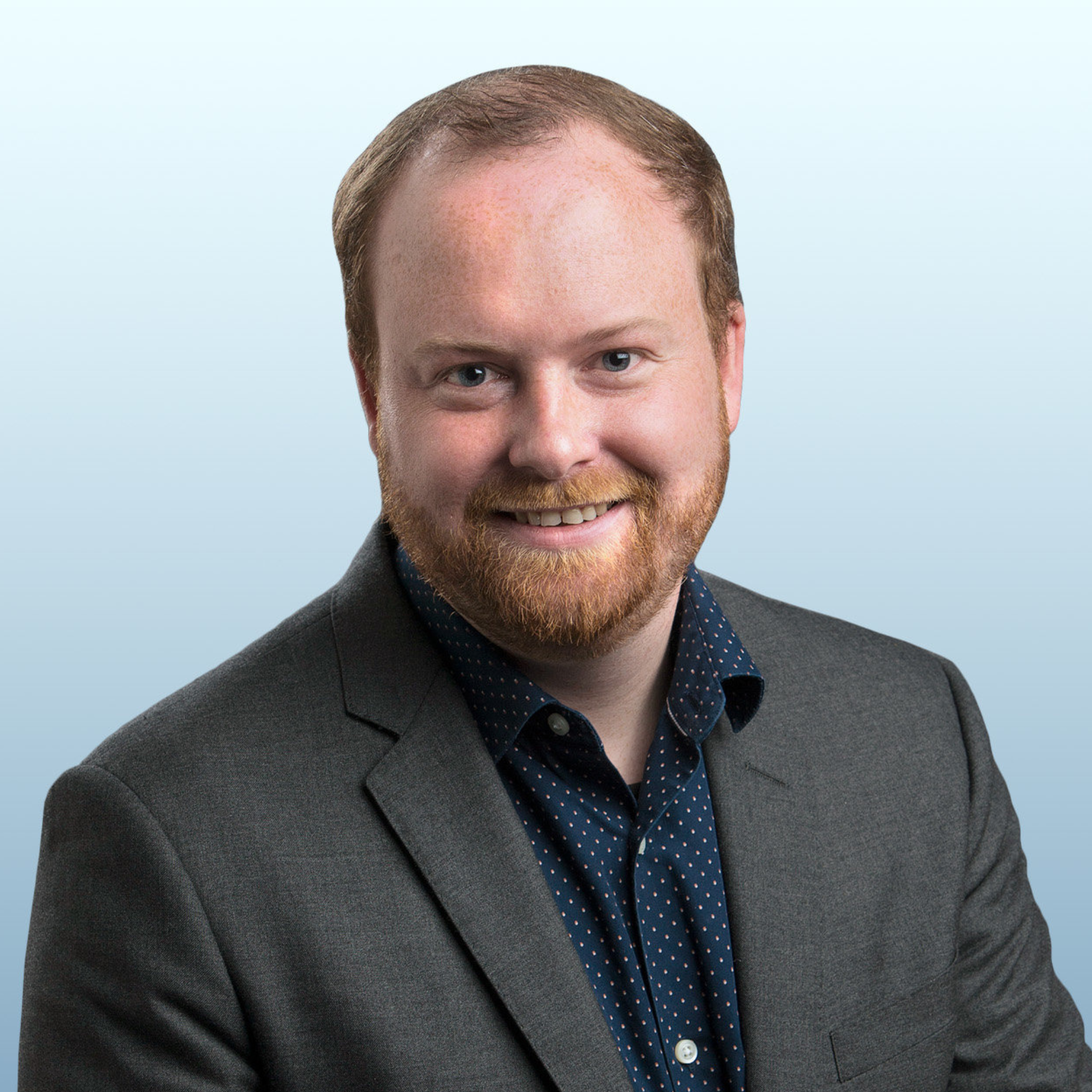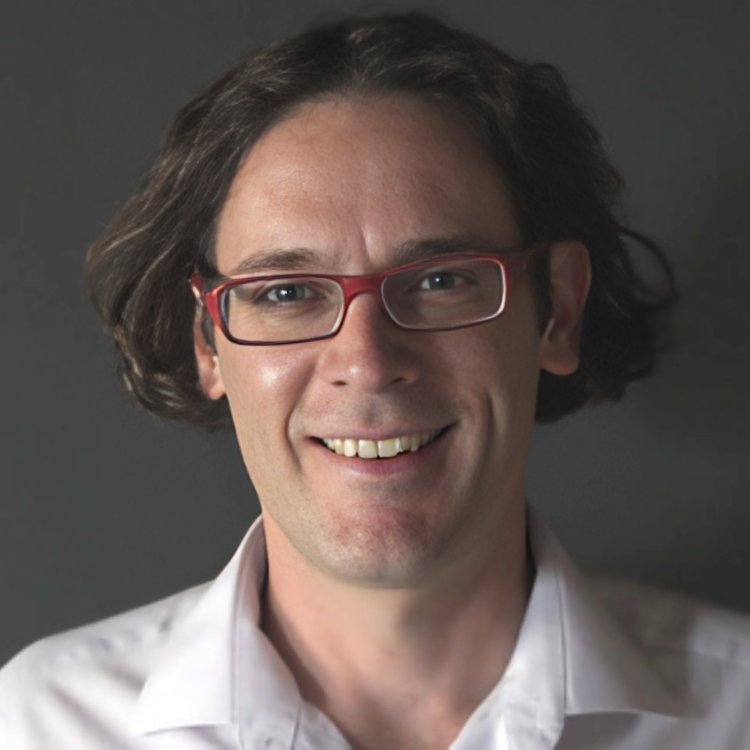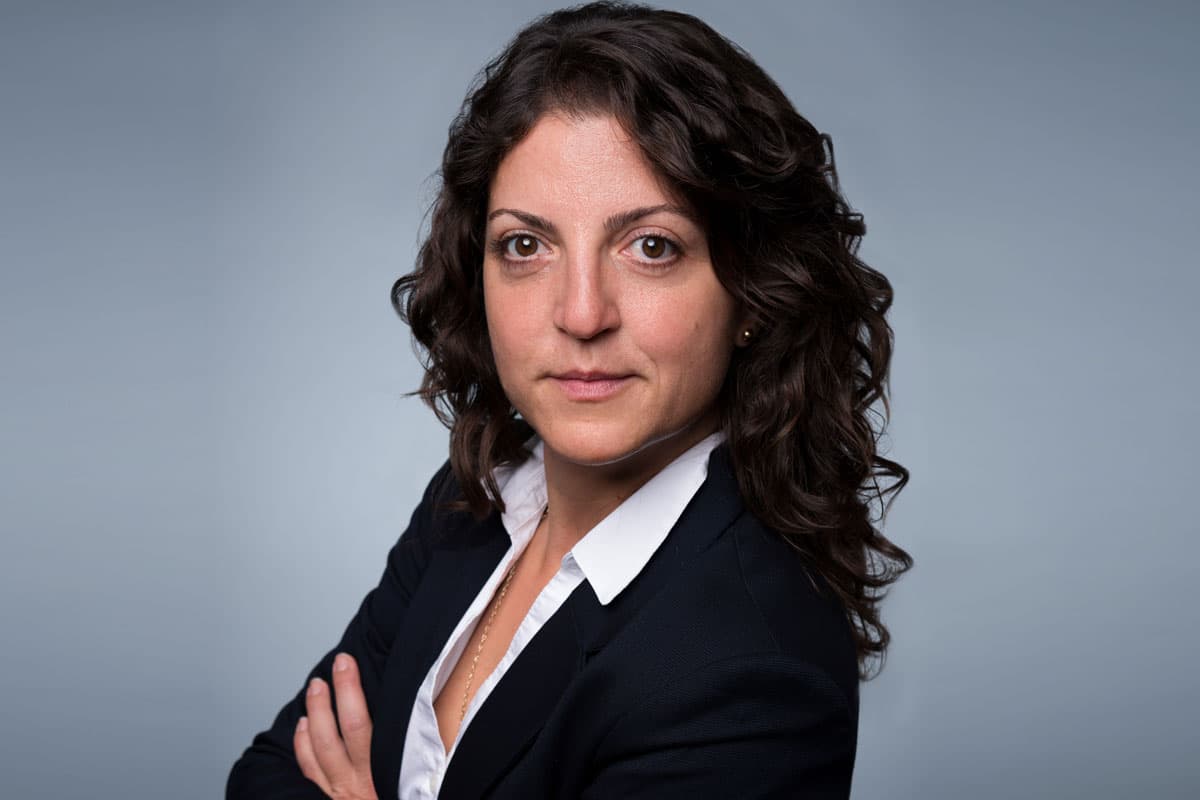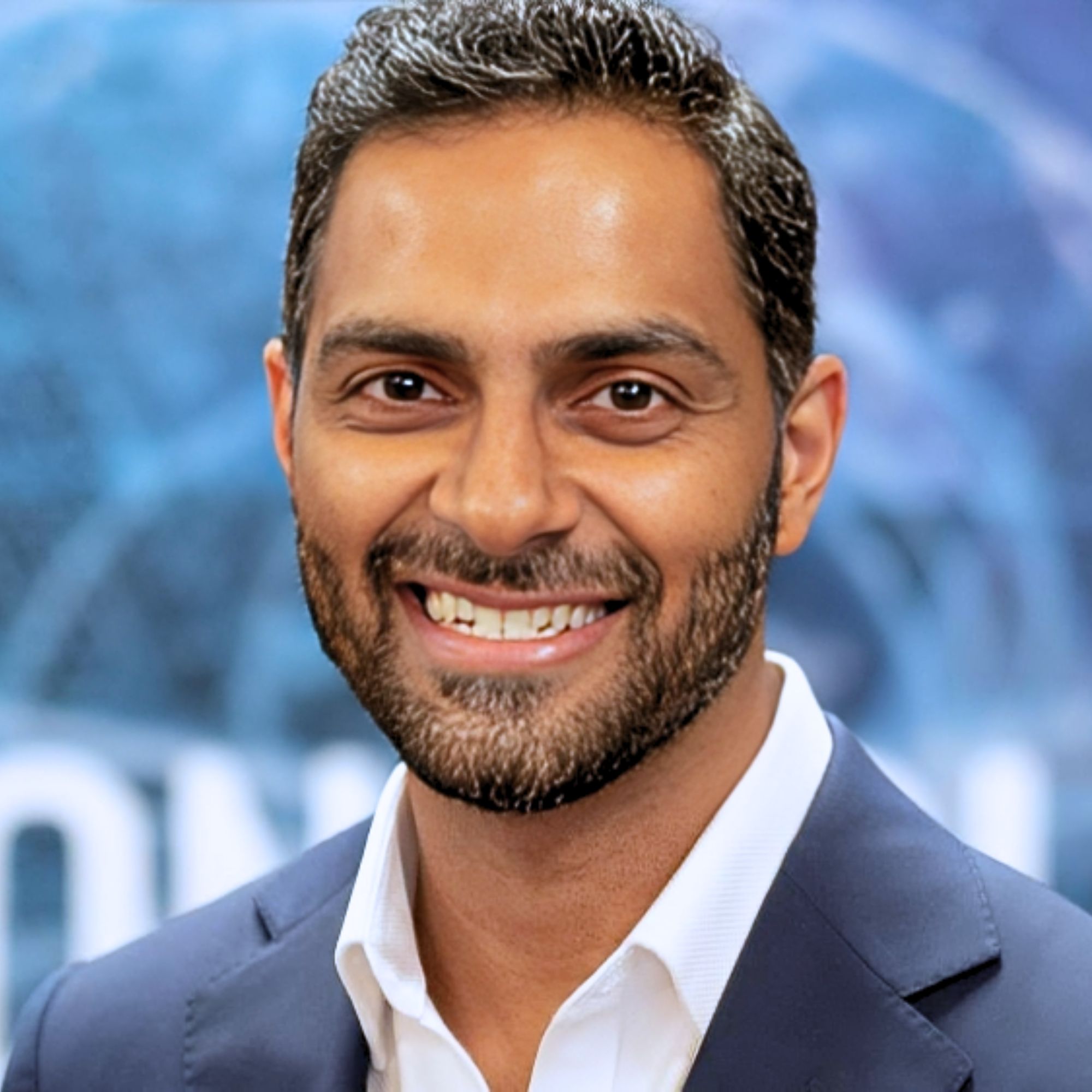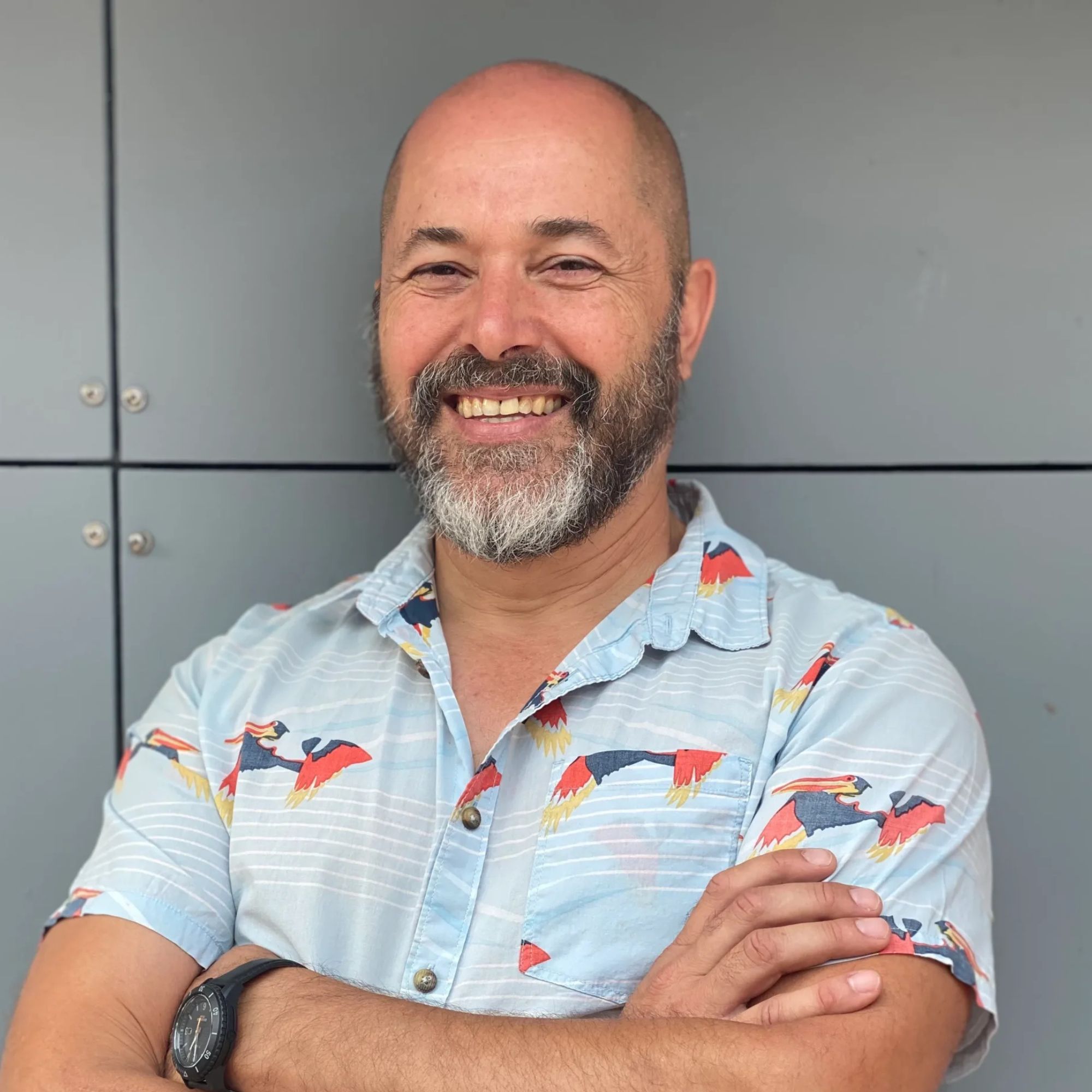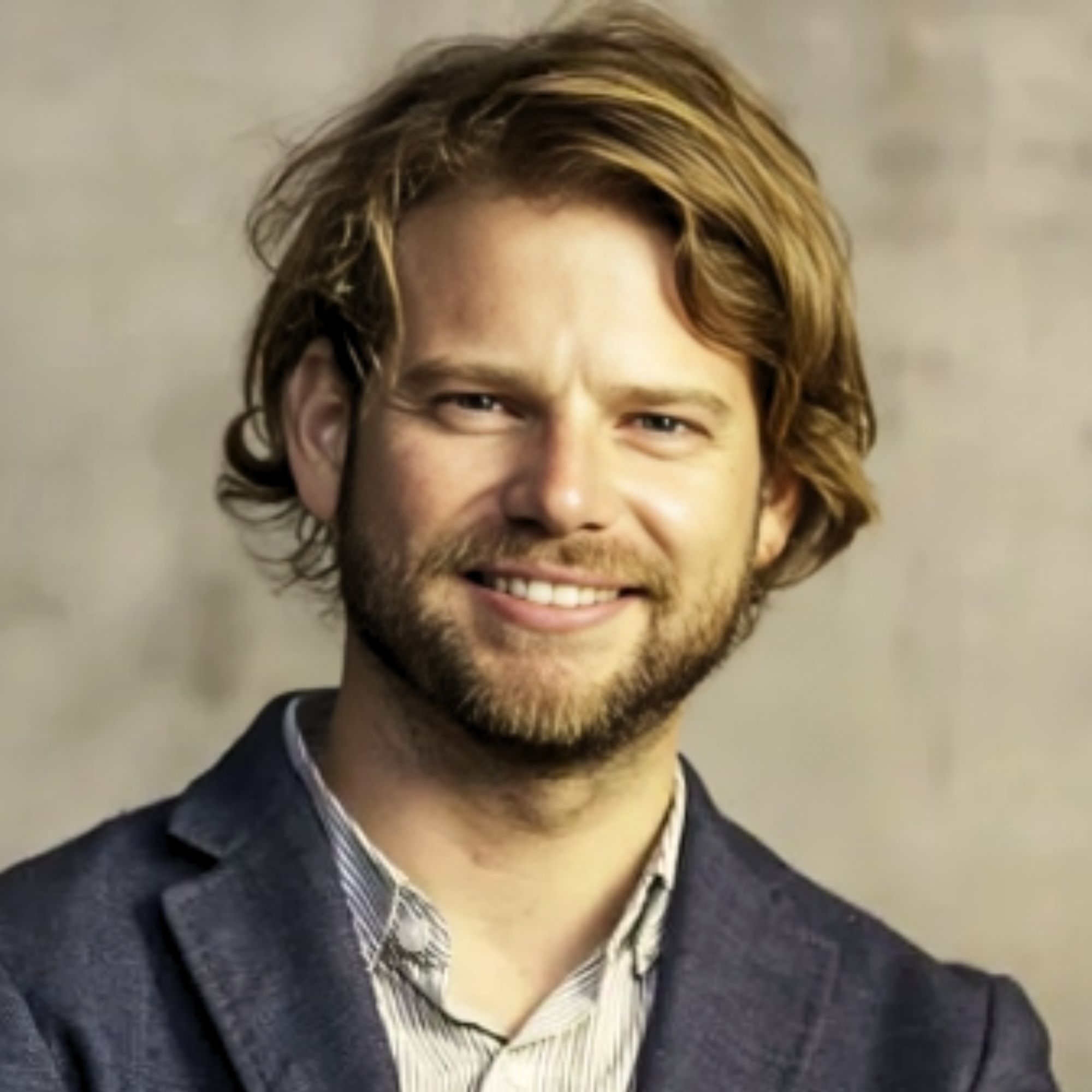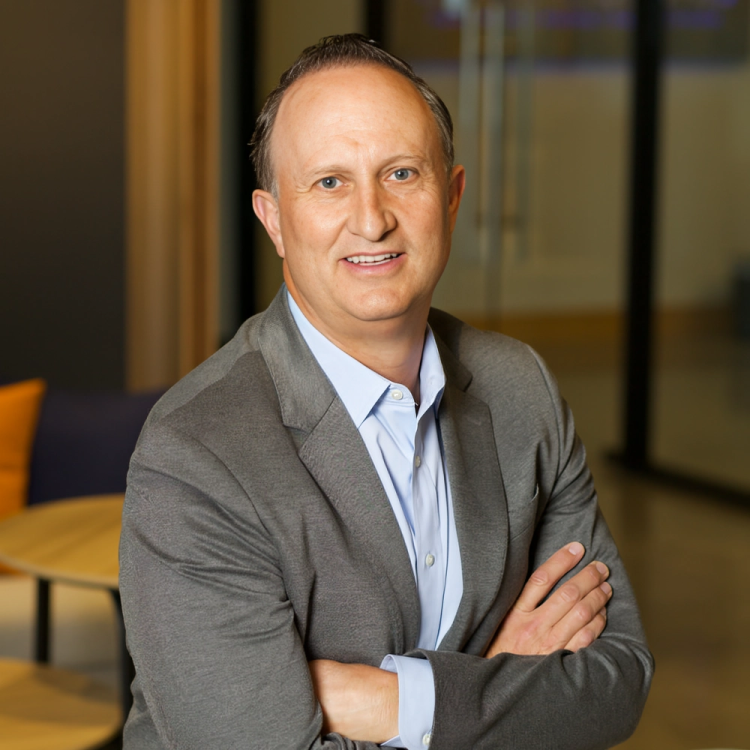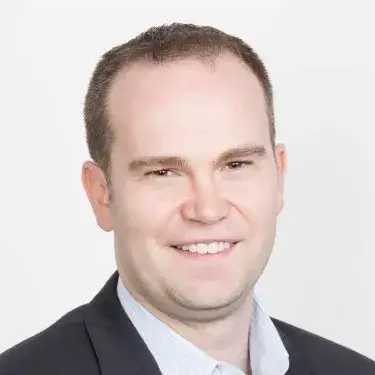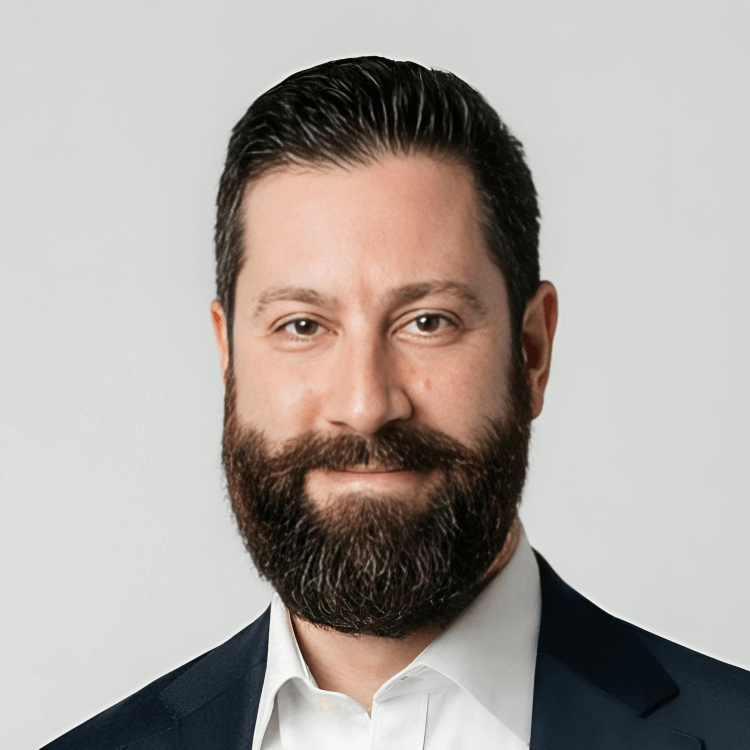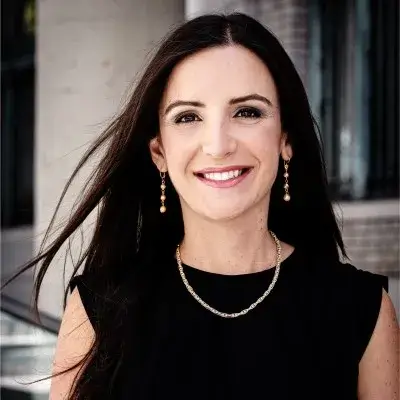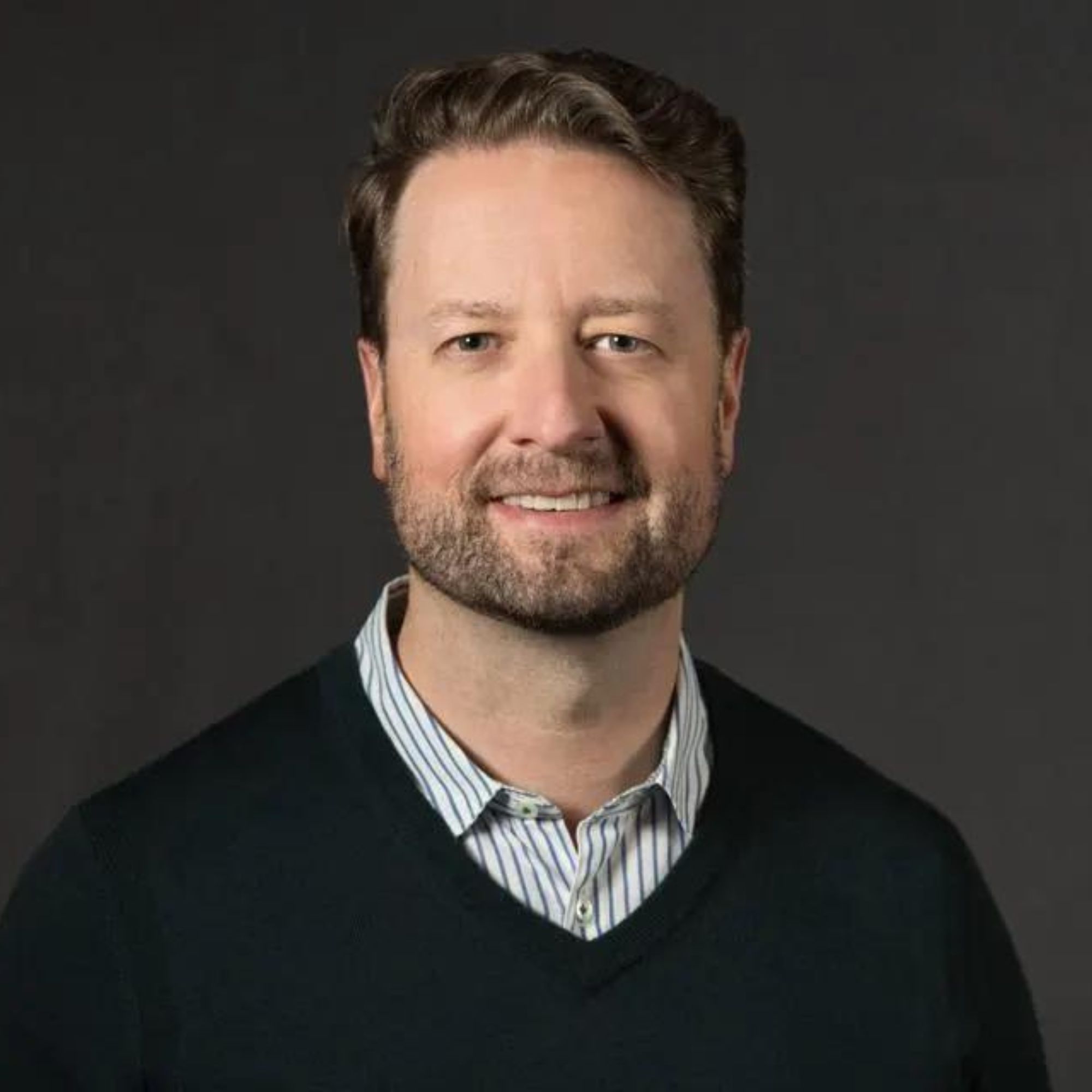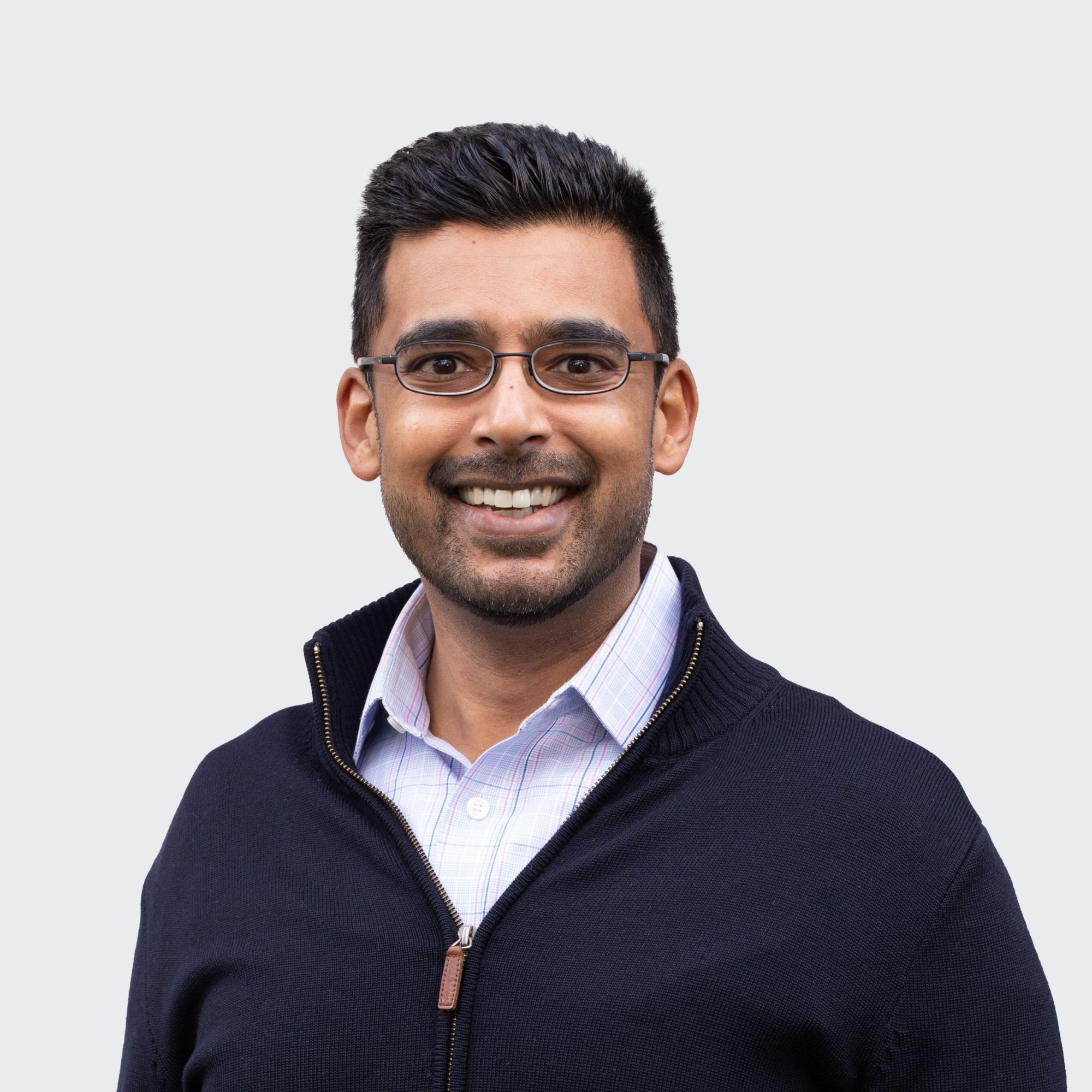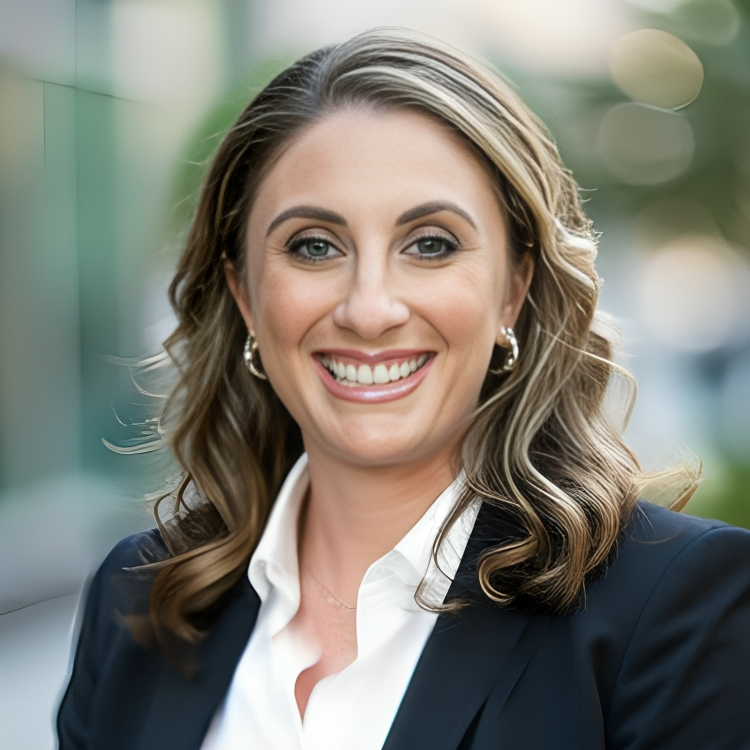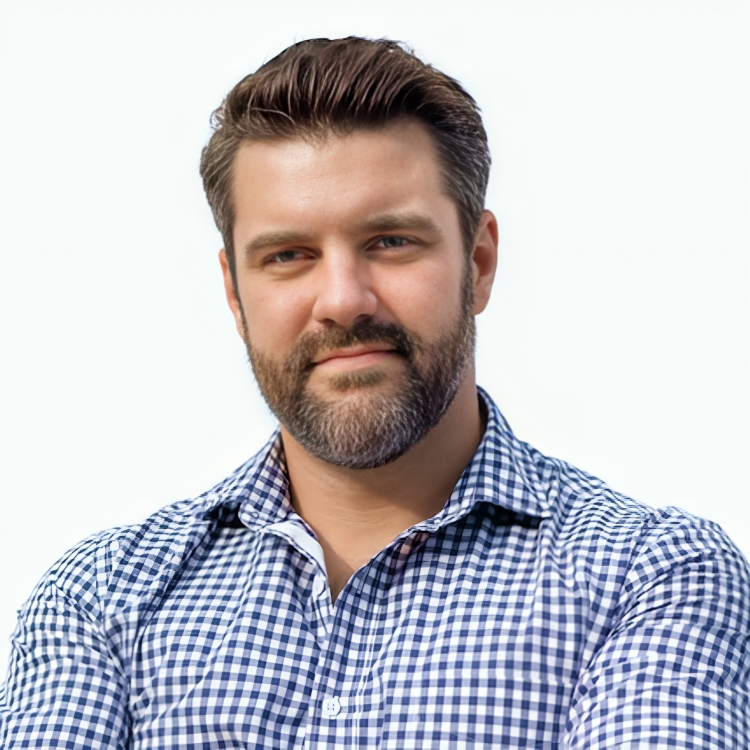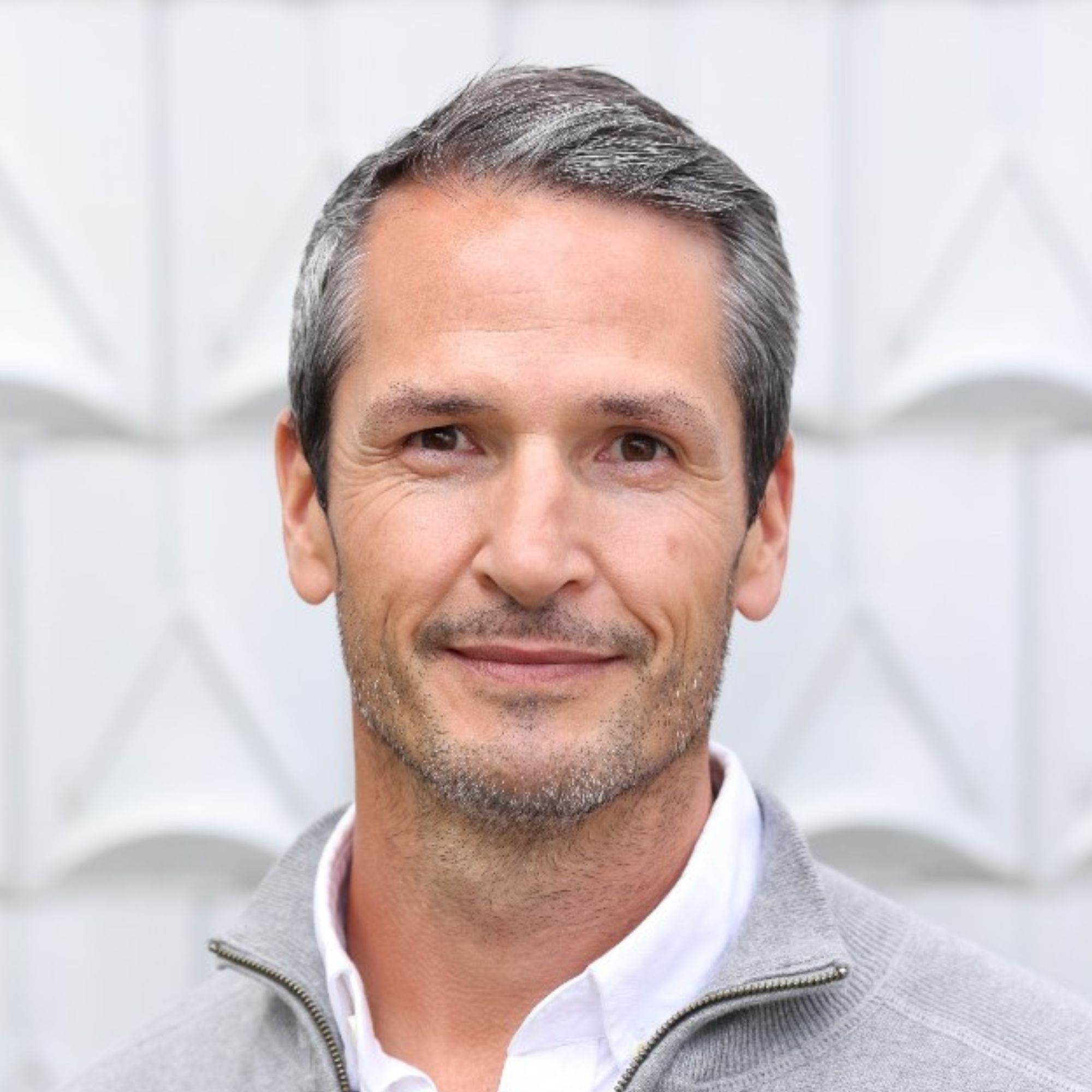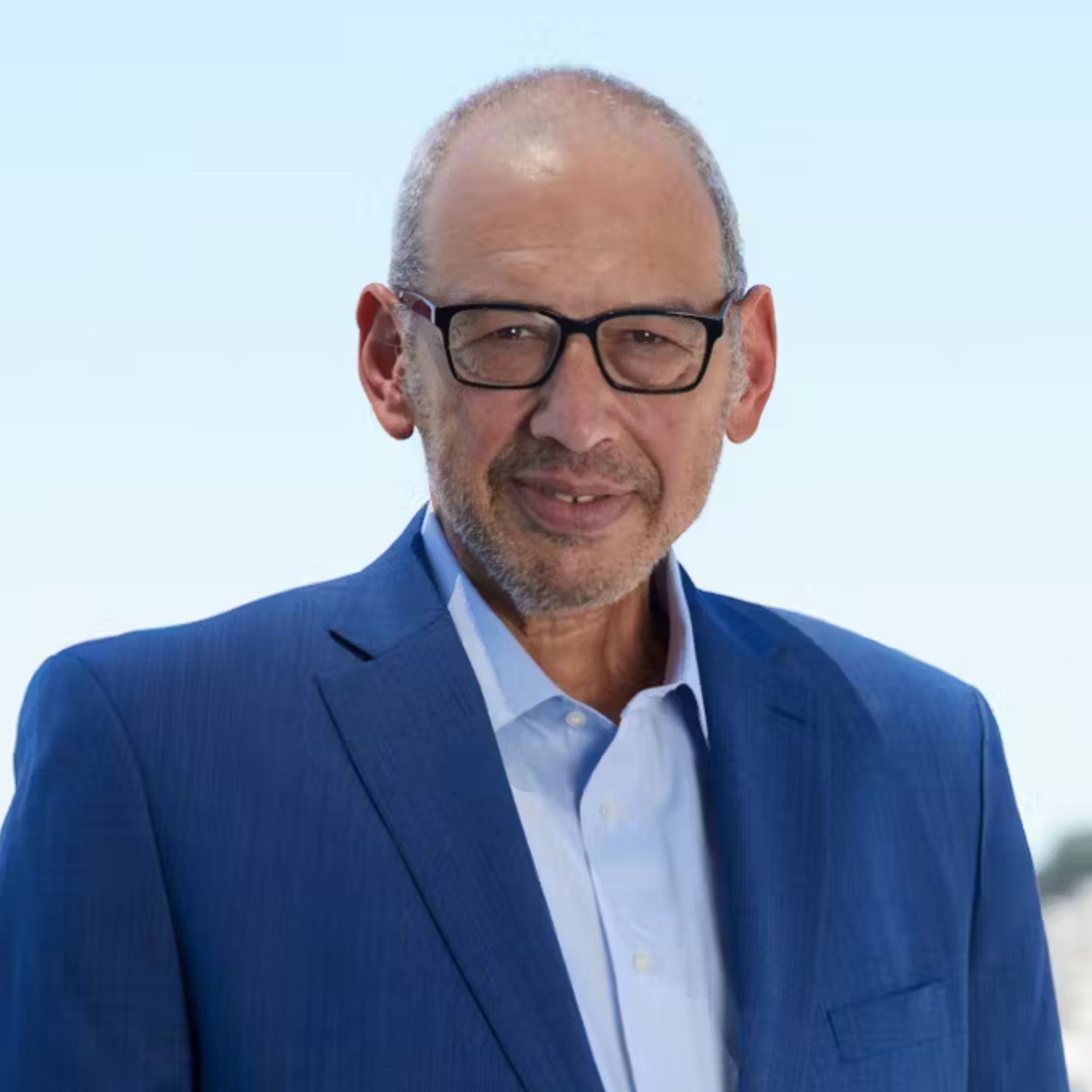Ready to build your own Founder-Led Growth engine? Book a Strategy Call

Frontlines.io | Where B2B Founders Talk GTM.
Strategic Communications Advisory For Visionary Founders
Actionable
Takeaways
Understand your customer's economic reality before building solutions:
Nabeel emphasized that healthcare providers operate under extreme economic constraints where they "do God's work but oftentimes at their own expense." He learned that approaching doctors with patient-first messaging fails because providers are already saturated with out-of-pocket expenses for patient care. B2B founders entering regulated industries must understand that their customers' willingness to adopt new solutions depends entirely on economic viability, not just value creation. If your solution doesn't improve your customer's unit economics, you're wasting everyone's time.
Don't assume sophisticated organizations have sophisticated operations:
Despite generating $15-20 million in annual revenue, most doctor's offices operate like small family businesses. Nabeel discovered that these substantial healthcare practices are often run by office managers who serve as CFO/COO without business school training and may not have college degrees. B2B founders should audit the actual operational sophistication of their target customers rather than making assumptions based on organization size or industry reputation. Adjust your messaging, terminology, and sales process accordingly.
Target the constraint, not the ideal customer:
Jaan Health succeeded by focusing on the fundamental constraint in healthcare—the 1:2000 doctor-to-patient ratio that makes individualized attention impossible. Rather than trying to serve healthy, tech-savvy young professionals who can afford premium care, they built for the massive population of chronic disease patients who need consistent monitoring but can't access it. B2B founders should identify and design for the bottleneck in their industry rather than the most attractive or vocal customer segment.
Build category understanding through problem-solving, not positioning:
Nabeel admitted it took nearly a decade to clearly articulate their category as "chronic care management between visits." Rather than starting with category creation, they focused intensively on solving real workflow problems for providers and patients. Only after achieving substantial scale and proven outcomes did they invest in category messaging. B2B founders should prioritize deep problem-solving over early positioning and allow their category definition to emerge from market feedback.
Raise capital for growth, not survival:
Jaan Health achieved 50-100% annual growth and eight-figure ARR by raising minimal capital initially and proving unit economics before scaling. Nabeel stressed raising money "when you know you can get a return on it as opposed to raising capital because you want to stay alive." This approach enabled them to sell value rather than discounting services. B2B founders should establish sustainable unit economics and proven customer demand before raising significant growth capital.
Conversation
Highlights
How Phamily Cracked Healthcare’s $3 Trillion Labor Problem by Ignoring Healthy Young Professionals
Healthcare founders love to chase the “worried well”—tech-savvy millennials tracking their glucose levels and optimizing their sleep. But Nabeel Kaukab took the opposite approach. In a recent episode of Category Visionaries, the founder and CEO of (Jaan Health) Phamily explained how his company raised $25 million by targeting the least sexy demographic in healthcare: elderly chronic disease patients who struggle with basic technology.
The counterintuitive strategy has paid off. Phamily now manages over 150,000 lives, operates as an eight-figure ARR business, and has grown 50-100% annually for four consecutive years—all while avoiding the cash-burning tactics that plague most healthcare startups.
The $3 Trillion Labor Crisis Nobody Talks About
Most healthcare discussions focus on drug prices or medical device costs. But Nabeel discovered something that shocked even Wall Street veterans: “Labor represents 60% of all healthcare spending. The only industry that compares to healthcare is the hospitality sector.”
This isn’t just an accounting quirk—it’s the fundamental constraint crushing the entire system. While pharmaceutical spending gets headlines, drugs only account for 20% of healthcare costs. Medical devices? Less than 7%. The real money hemorrhage happens through human inefficiency.
“You can’t solve both unless you solve productivity,” Nabeel explained. “If you want to cut the cost out of healthcare, it’s not going to come from spending less on stuff. It’s actually going to spend less on people, which will then exacerbate our demand problem.”
The math is brutal. America employs 800,000 physicians who deliver exceptional care within clinical settings. But the moment patients leave those four walls, they’re essentially abandoned. Chronic diseases like diabetes, hypertension, and heart failure don’t pause between quarterly appointments—yet the healthcare system operates as if they do.
The Personal Catalyst That Sparked a Company
Nabeel’s insight wasn’t born from market research. It came from watching his father nearly die from a preventable heart attack. Despite obvious risk factors—South Asian genetics, obesity, poor diet, and extreme stress—the healthcare system offered only reactive guidance.
“The guidance I typically got was like, what do we do for my dad, right? Was well, if he has chest pain, rush him to the ER,” Nabeel recalled. “And it drove me crazy because I basically was trying to say, I don’t want to call you, say my dad died, try to keep him out of the ER. What do I do about that?”
The system wasn’t designed for prevention because doctors lack the economic incentives and operational capacity to provide between-visit care. Each physician manages roughly 2,000 patients—a caseload that makes individualized attention mathematically impossible.
After his father’s heart attack, everything changed. Suddenly, two nurses checked on him bi-monthly. His insurance covered gym memberships and healthy meal programs. His cardiologist gave out personal cell phone numbers. The same system that ignored prevention spent enormous resources trying to “put the genie back in the bottle.”
“My dad is worthy of healthcare today, whereas he was not worthy of extra care pre heart attack,” Nabeel observed. “And that applies to tens of millions of people in the US right now.”
Why Targeting Healthy Tech Workers is a Dead End
Most healthcare startups chase the demographic that founders understand: young, wealthy, tech-literate professionals obsessed with optimization. Nabeel deliberately avoided this market, and his reasoning reveals a fundamental misunderstanding that kills most healthcare companies.
“In every other aspect of your life, you’re the target demographic for media consumption, for selling products, whatever it is, you are the target in this one specific world,” Nabeel told the host. “Nobody cares. And I’ll tell you what, you are healthy. All the work you were doing, if you don’t do any of it right now, there’s almost nothing that will happen to you over the next 25 years.”
The harsh reality: healthy young professionals aren’t a healthcare priority. They generate minimal revenue for providers and consume few resources. From a triage perspective, they’re noise.
“If I was your physician, I’d be annoyed. I’m saying like, oh my God, wants me to look at new data. I got to deal with his father and his grandfather who are, you know, who potentially don’t have more than five years to live and I can’t get them to lose weight or I can’t get them to take their medication.”
Instead, Phamily focuses on the massive population that actually drives healthcare economics: chronic disease patients who need consistent monitoring but can’t access it through traditional care models.
The Platform That Enables 100x Patient Reach
Phamily’s solution sounds deceptively simple: automated, proactive check-ins with chronic disease patients between doctor visits. But the execution required solving complex workflow, economic, and behavioral challenges.
“Your care team will check in, reach out to you twice a week. And the idea is not to have a big, long conversation,” Nabeel explained. “It’s almost like a simple text message type of micro interaction. Brett, how are you doing? What was your last blood sugar reading? You okay in strips?”
These micro-interactions create conversation opportunities that catch problems before they escalate. A routine diabetes check-in might reveal sudden weight gain and foot swelling—early signs of heart failure that would otherwise go unnoticed until the next scheduled appointment.
The key insight: most healthcare emergencies aren’t sudden events but predictable progressions that current systems miss. “We enable these care teams to be able to reach out to 100 times as many patients as they were able to previously,” Nabeel said.
The Economics-First Go-to-Market Strategy
Where most healthcare startups fail is leading with patient benefits. Nabeel learned this lesson the hard way and completely reversed his sales approach.
“Coming into a doctor’s office and saying you need to do the following for your patients or your patients deserve this. That is not going to go well,” he warned. “Because I think the response that I’ve typical doctors say we think I’ve been doing all my life I’ve been taking care of people, but I take care of people by paying out of my own pocket.”
Healthcare providers already operate at their economic limits. They need solutions that improve their unit economics, not additional costs disguised as patient benefits.
“You have to think about what works for their workflow. They’re already saturated with services and care and even out of pocket expenses that they cover on behalf of people, they need something that actually improves the economics of their business. And if you can’t fix the economics of their business, you are dead on arrival.”
This principle shaped Phamily’s entire value proposition. The platform doesn’t just improve patient outcomes—it enables providers to qualify for higher reimbursement rates by delivering documented, consistent care management.
The $20 Million Business Run Like a Corner Store
Nabeel’s biggest revelation about healthcare customers came from understanding the operational reality of medical practices. Despite generating substantial revenue, most doctor’s offices operate with shocking simplicity.
“Think about your neighborhood local doctor’s office of let’s call it five to 10 physicians,” Nabeel said. “A five person doctor’s office… Close. It’s probably close. 15 to 20. Yeah, but it’s a major business.”
These practices generate $15-20 million annually but operate like small family businesses. “A 10 to 15 doctor office is doing north of $50 million a year in revenue, yet it’s run like your corner bodega or you know, a landscaping business that’s been run by, you know, a single person for years.”
The office manager typically serves as CFO, COO, and everything in between—often without business school training or even college education. This reality demands radical simplification in product positioning and sales processes.
“You have to speak in a way that they understand. So things like terminology that we use like go to market or thinking about like days payable, etc. Feel like alien concepts. You have to really simplify things down for your audience.”
Building Sustainable Growth Without Venture Theater
While competitors raised massive rounds and burned through capital acquiring customers, Phamily took a different approach. They focused on proving unit economics before scaling, raising capital for growth rather than survival.
“We didn’t do that by raising $200 million to try to build, you know, a $20 million business. It was raising a tiny amount of capital, understanding a problem at a very detailed level, solving it and doing what I call subsidized R and D. If you actually solve a real problem, people will pay you for it.”
This discipline enabled Phamily to sell value rather than discounting services. “We didn’t have to discount it and sell a dollar for 25 cents. We sold value. We created value for our clients, created value for their patients and then created value for ourselves.”
The result: consistent 50-100% annual growth funded by revenue rather than venture capital. “I’m a big believer in raise capital when you know you can get a return on it as opposed to raising capital because you want to stay alive.”
The Long Game in Healthcare Innovation
Nabeel’s perspective on AI and healthcare’s future reflects hard-earned wisdom about technology adoption in regulated industries. While Silicon Valley rushes toward AI-first solutions, he predicts a more gradual transformation.
“I think we’re going to have to wait for, you know, maybe not even my generation, but really your generation to be of what I call healthcare consumption age before AI really takes over,” he told the host.
The constraint isn’t technical capability but social trust. Healthcare decisions carry life-or-death consequences, creating natural resistance to fully automated solutions. “People don’t hire lawyers because they need to have lawyers, have an expertise in the law. You hire a lawyer because you need to have somebody who… we’re more comfortable as a species just knowing that there’s a human being who is liable if something bad happens.”
Lessons for B2B Healthcare Founders
Phamily’s journey offers crucial insights for founders entering healthcare markets. First, ignore the attractive demographics and focus on where the actual money and need intersect. Second, understand that customer economics always trumps patient benefits in sales conversations. Third, respect the operational reality of your customers rather than imposing Silicon Valley expectations.
Most importantly, solve productivity constraints rather than feature gaps. Healthcare’s fundamental challenge isn’t technological sophistication—it’s enabling skilled professionals to serve dramatically more patients without compromising care quality.
As healthcare faces mounting pressure from an aging population and chronic disease epidemic, companies like Phamily represent a practical path forward: leveraging technology to multiply human productivity rather than replacing human judgment entirely.
